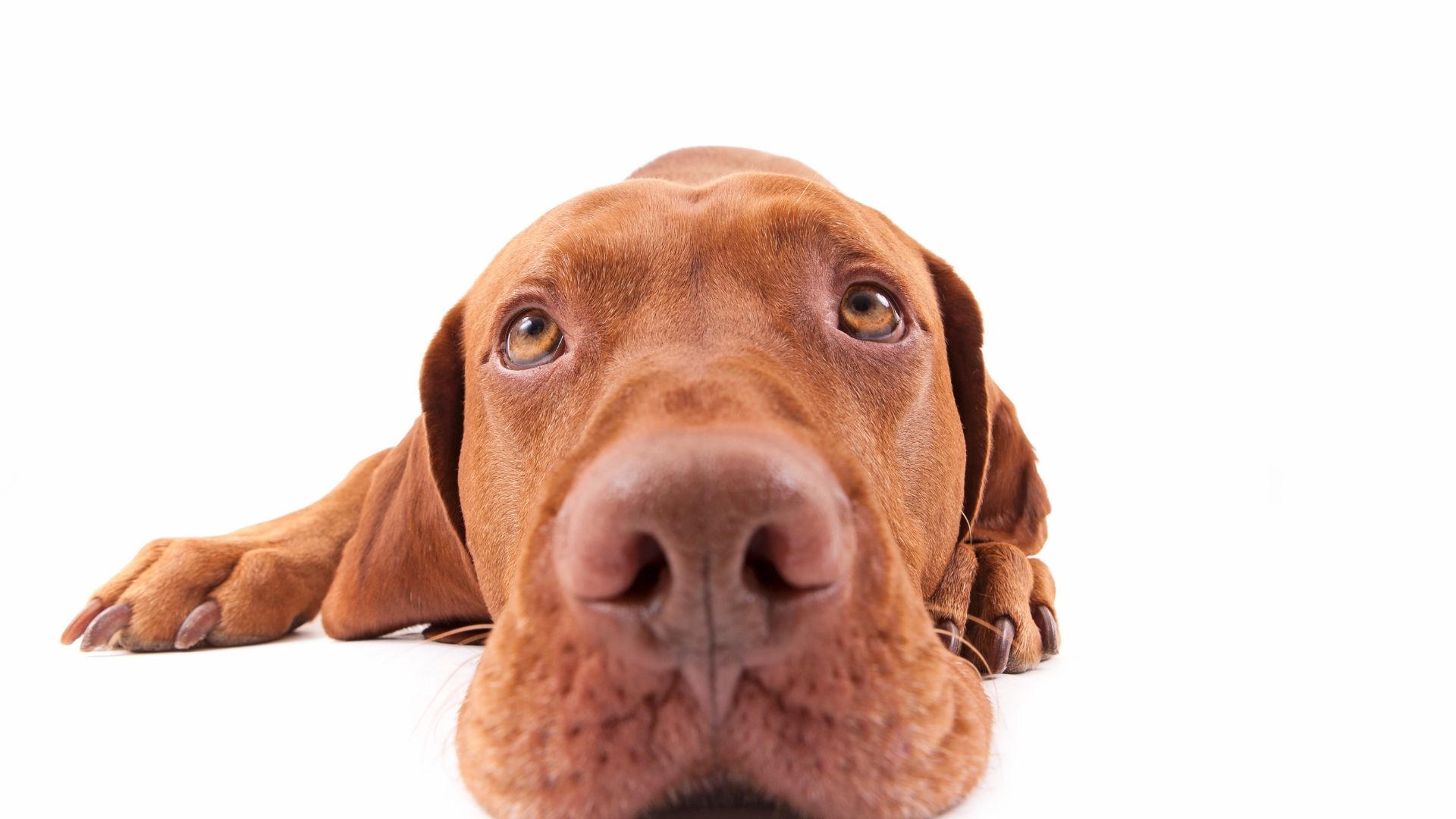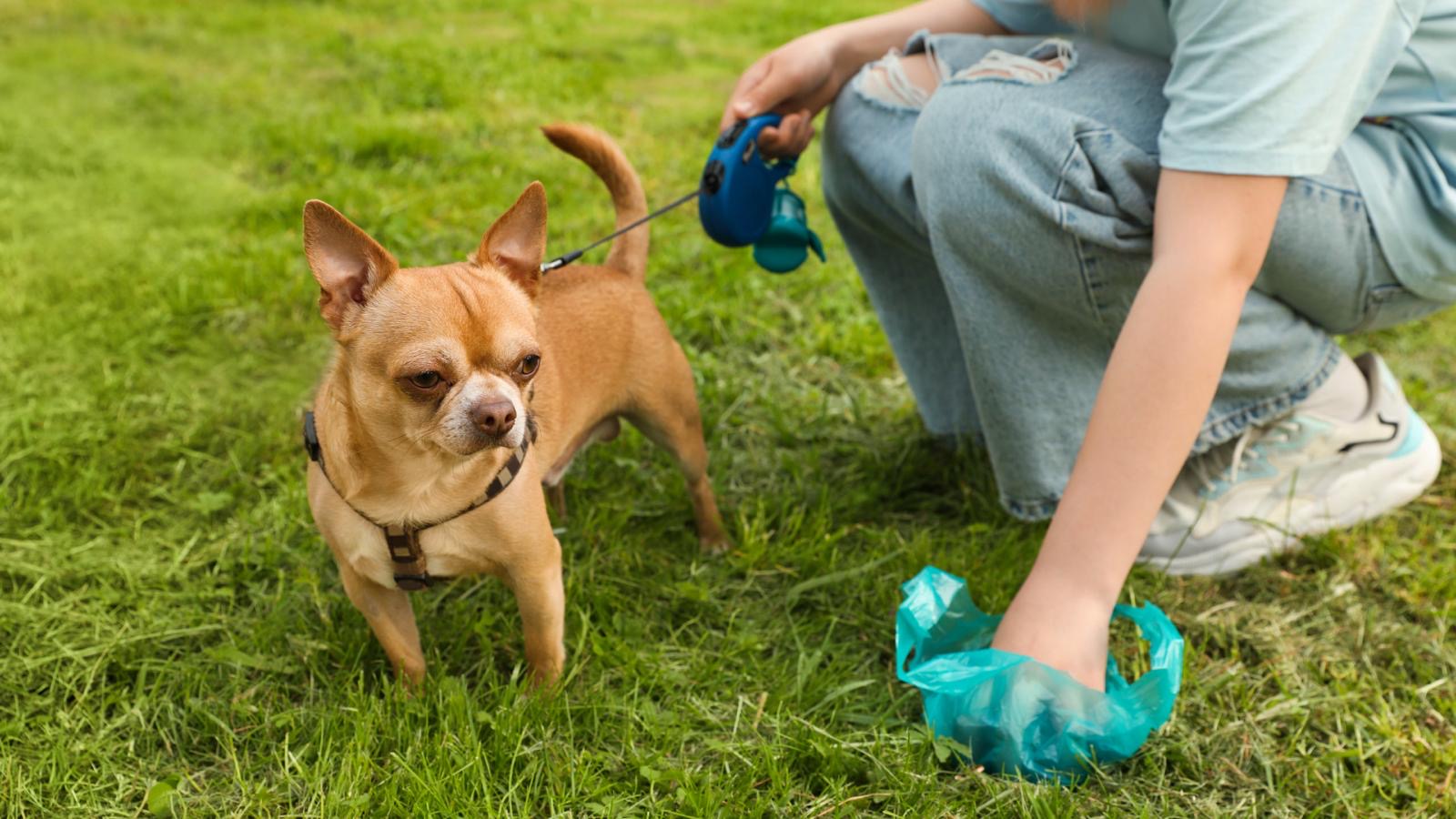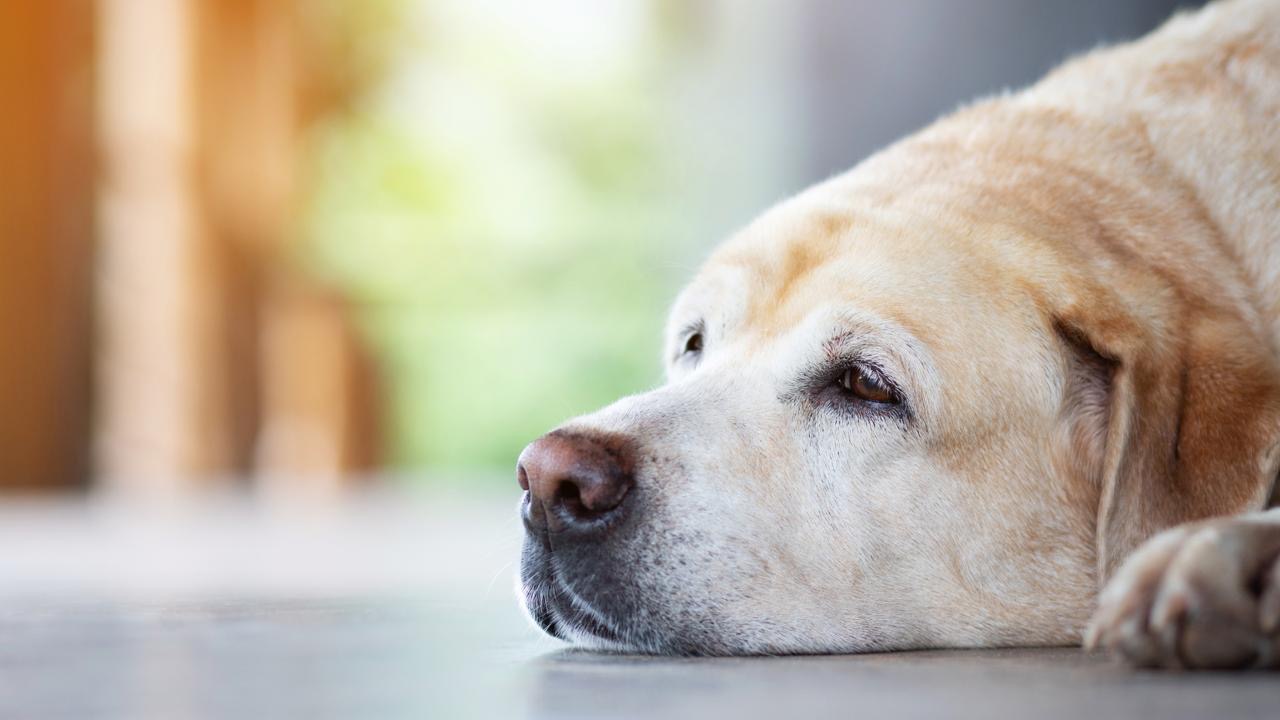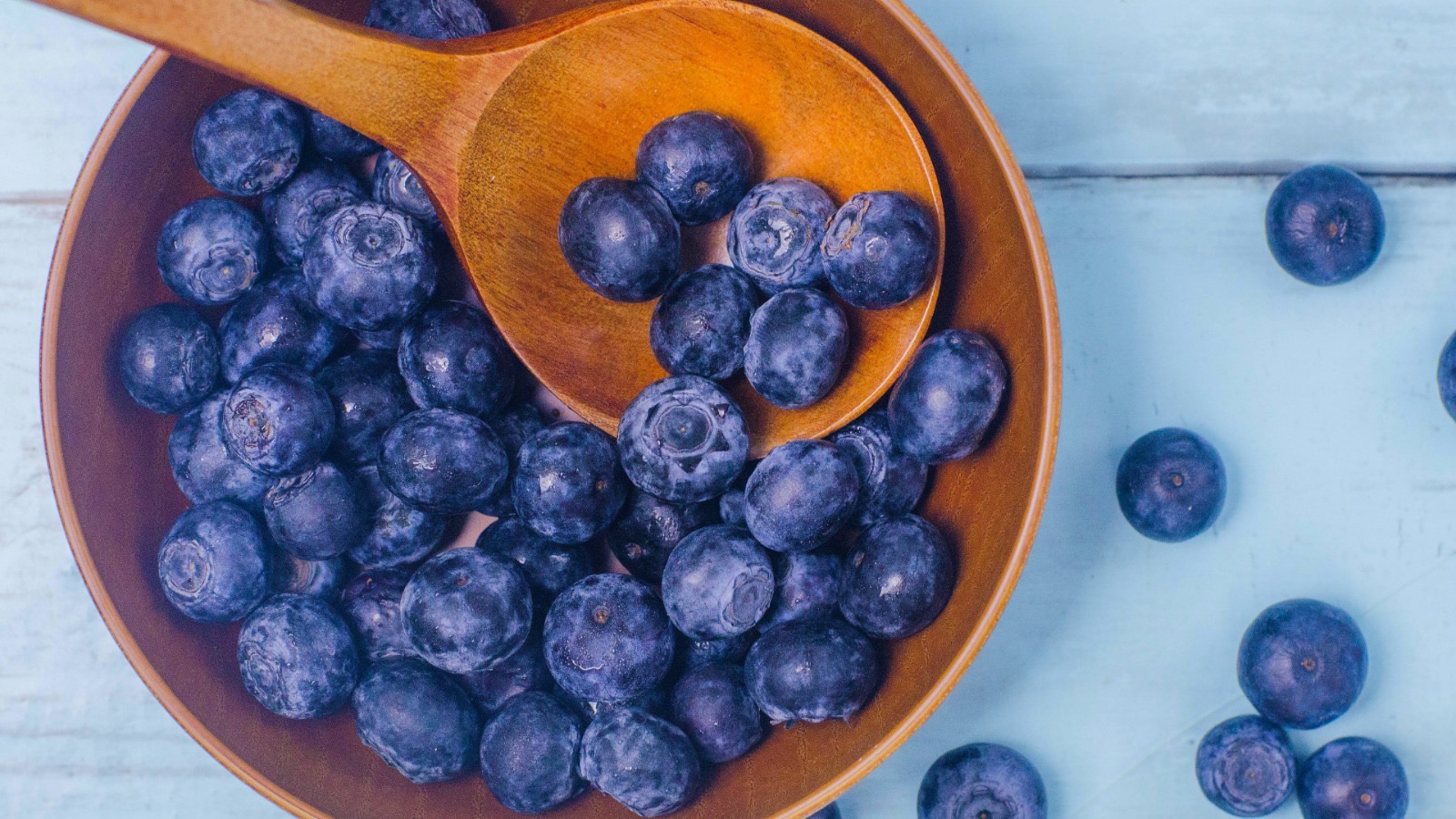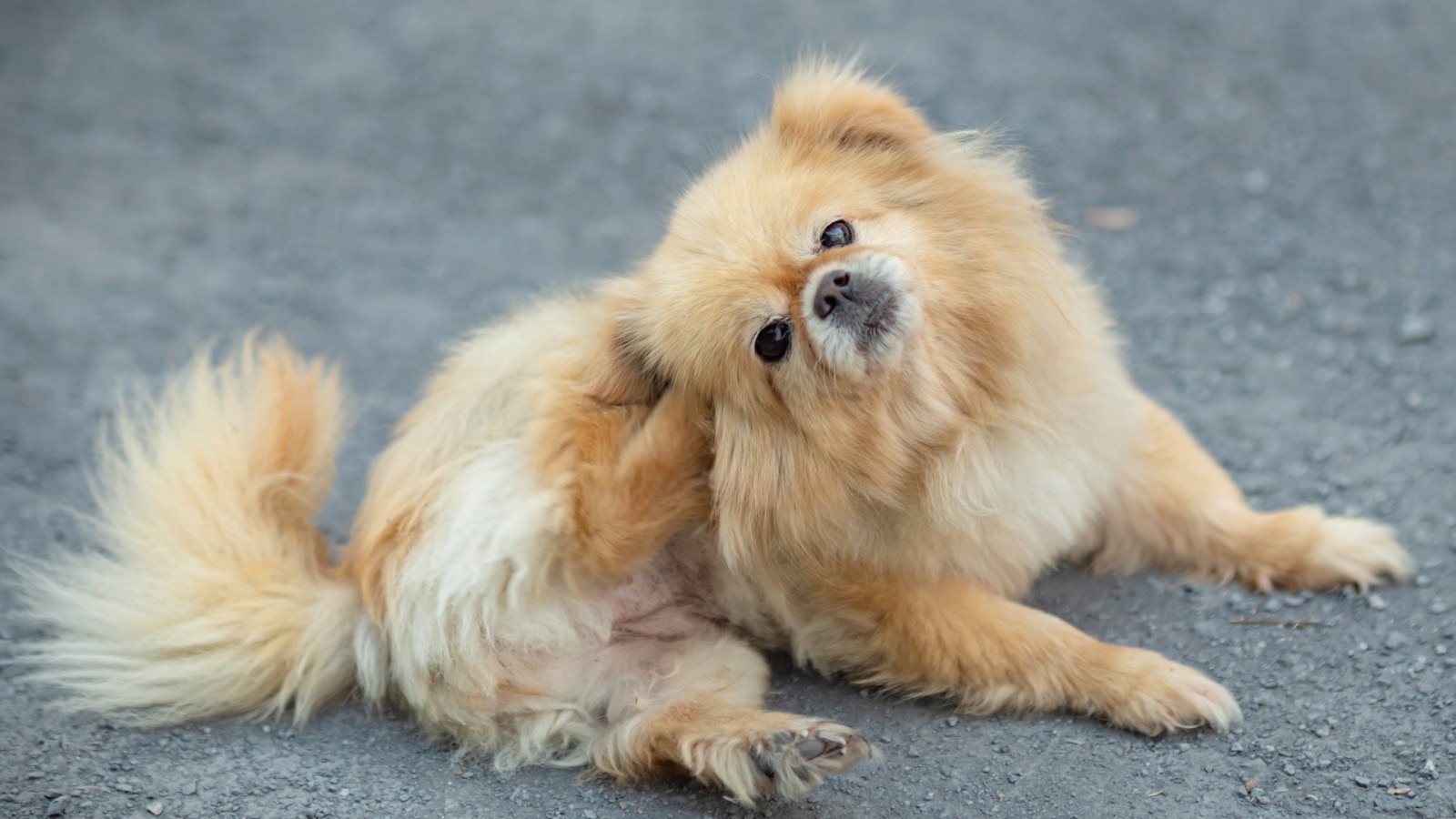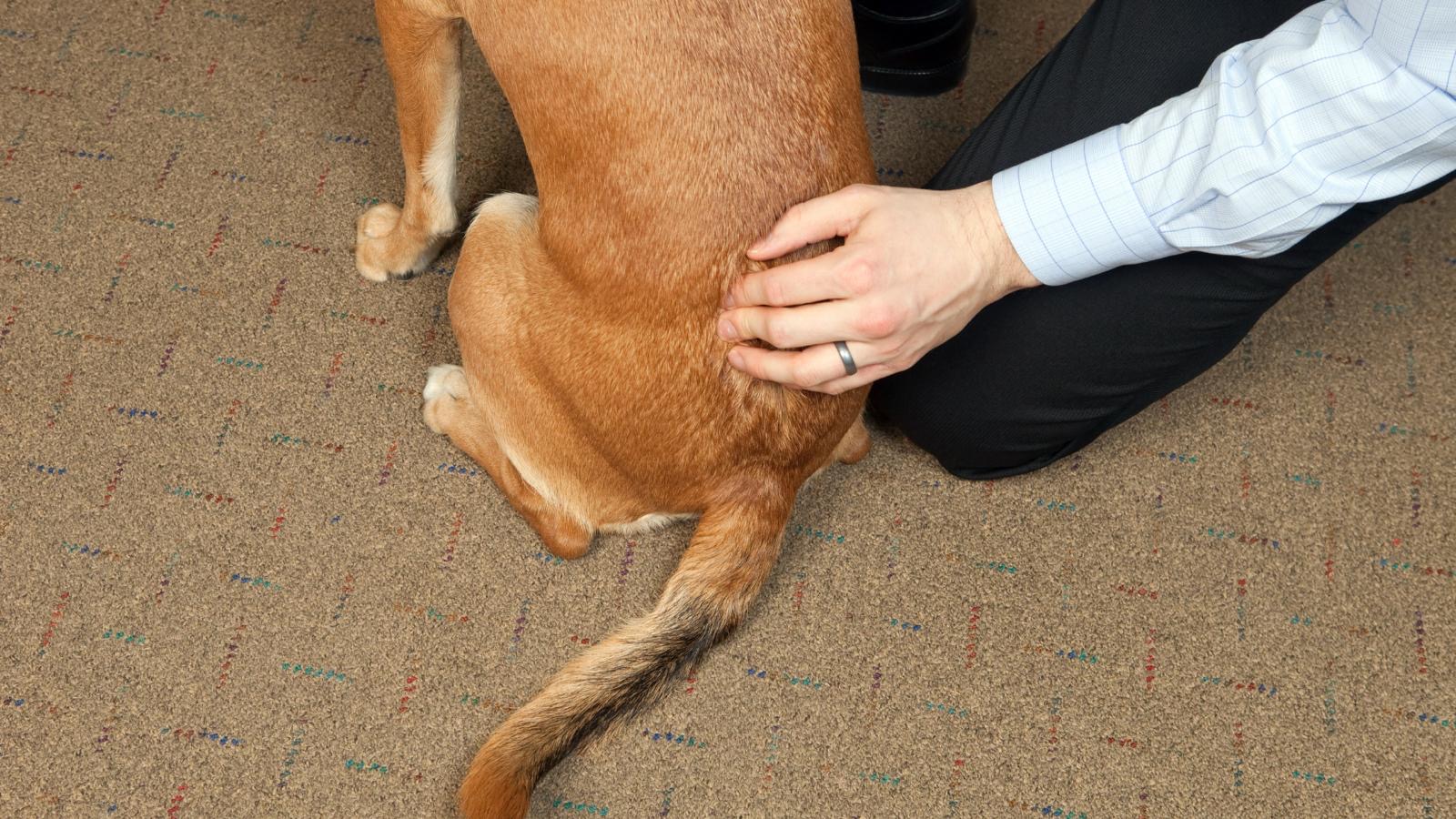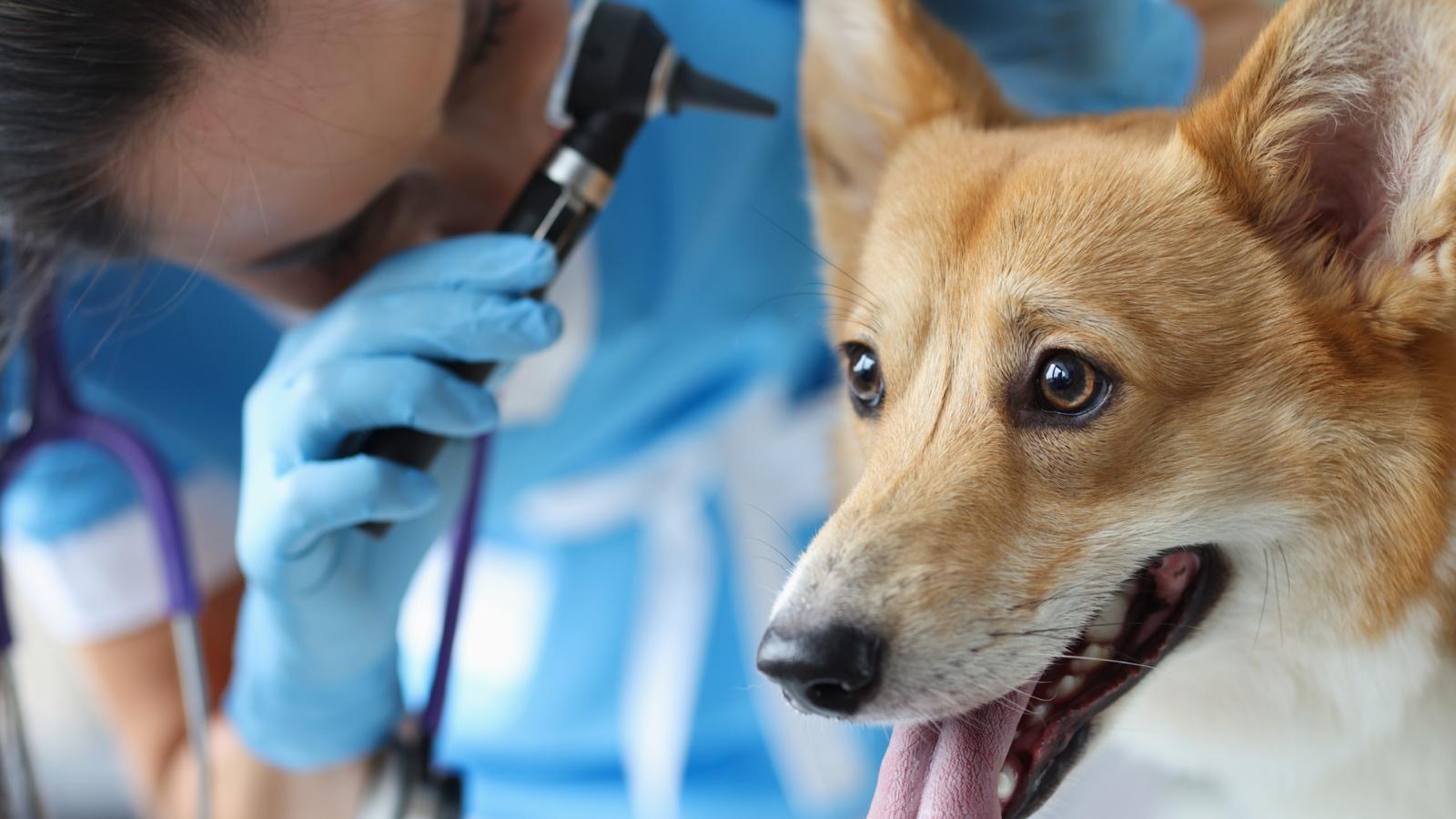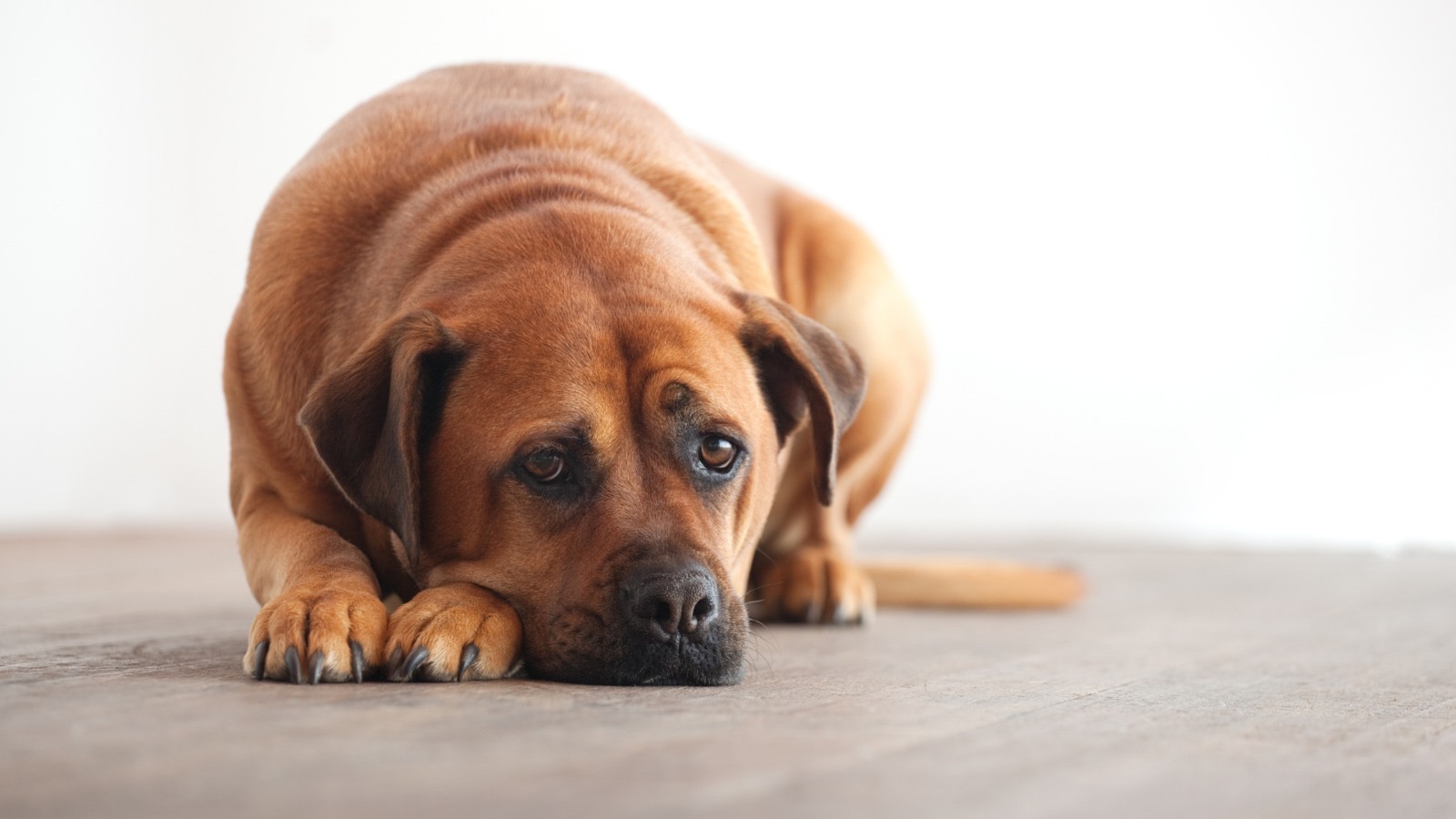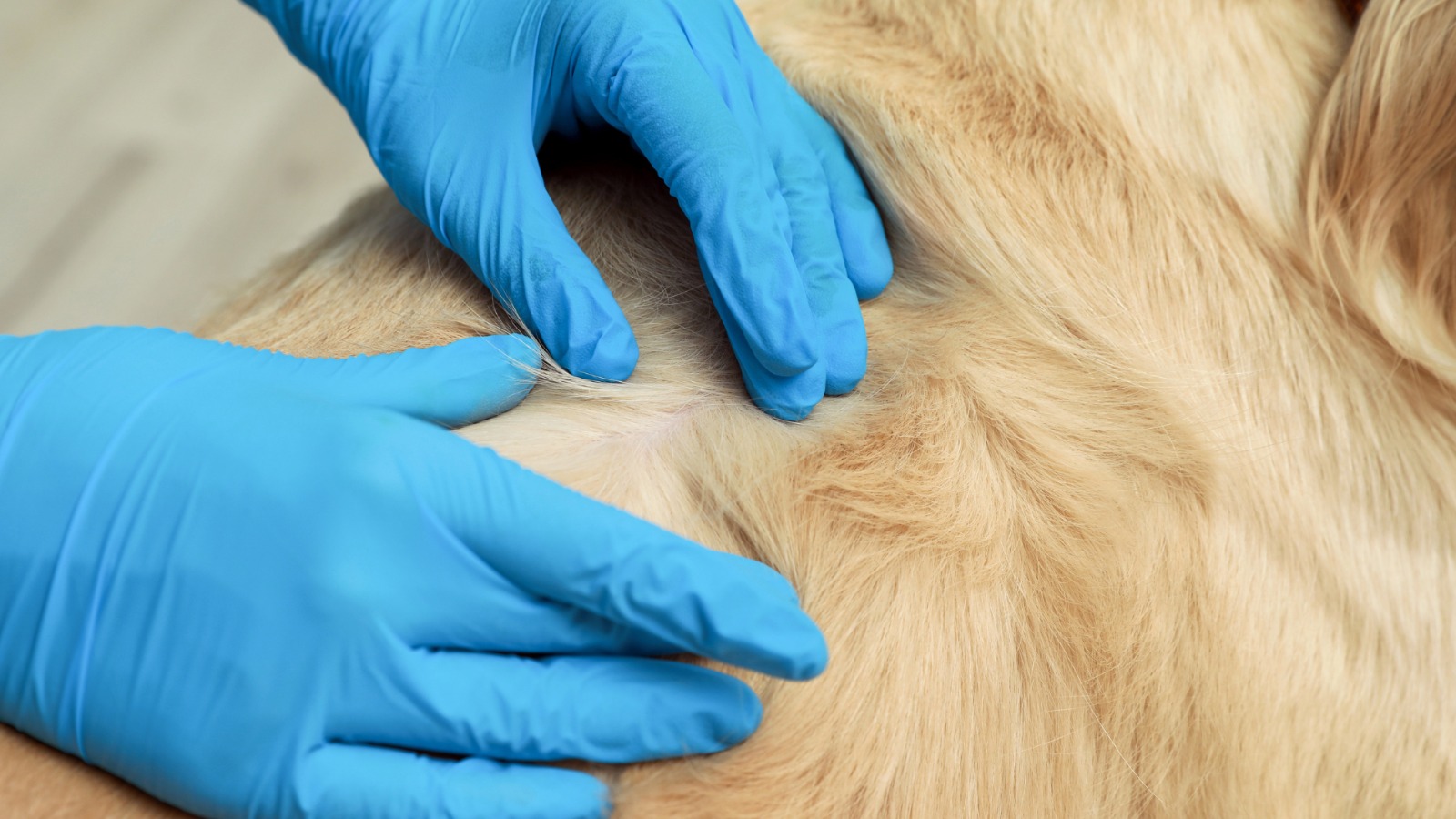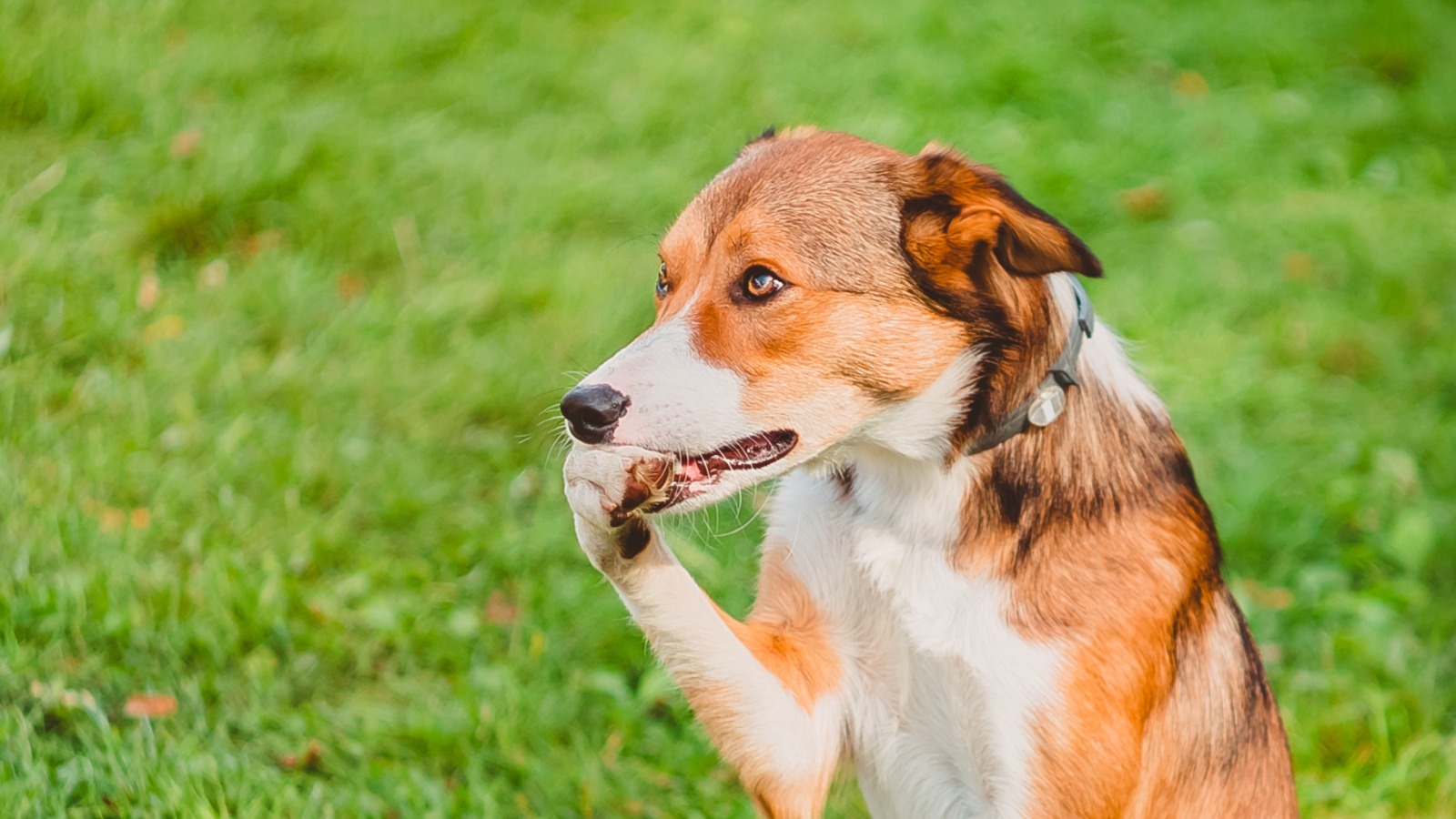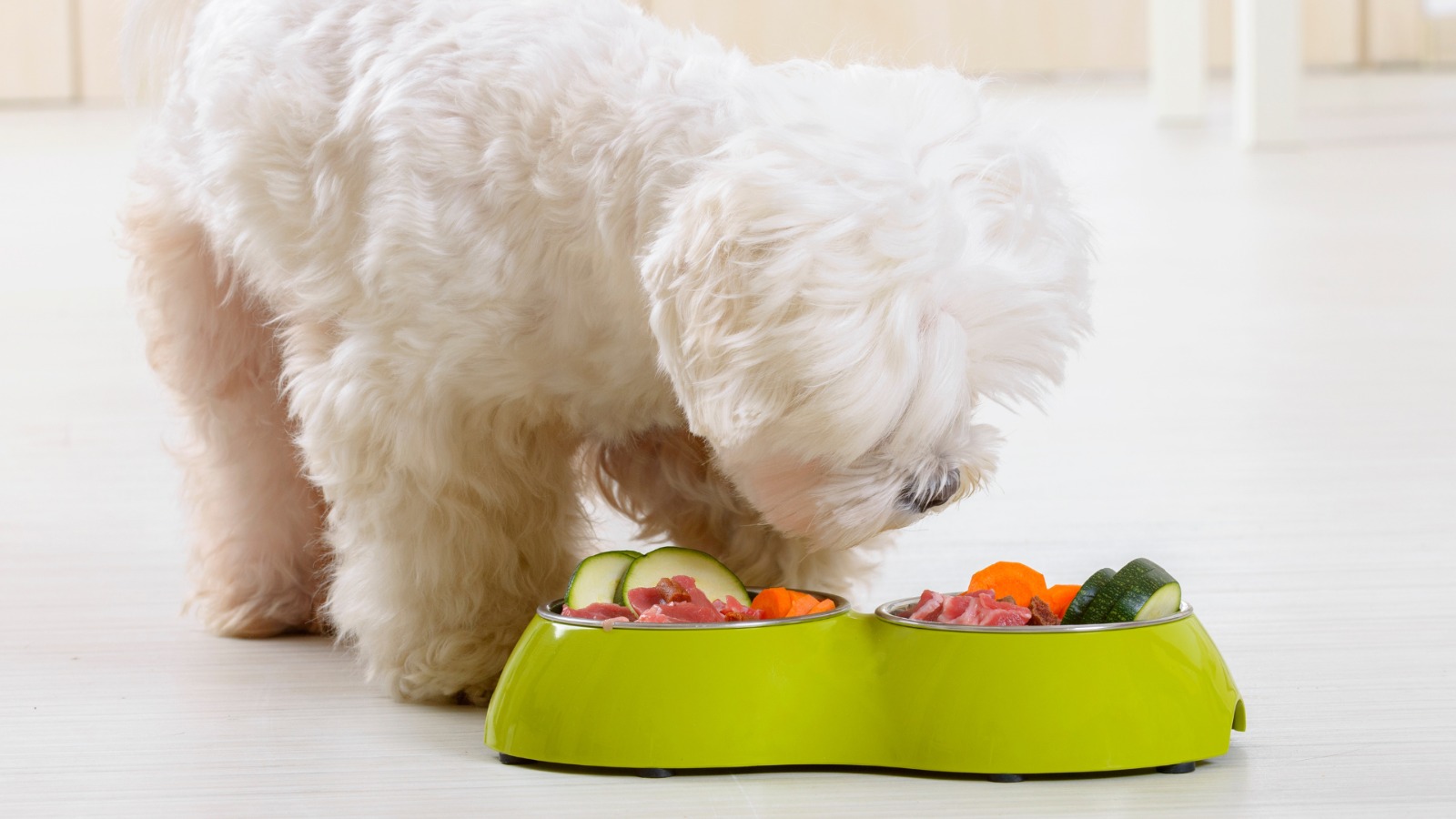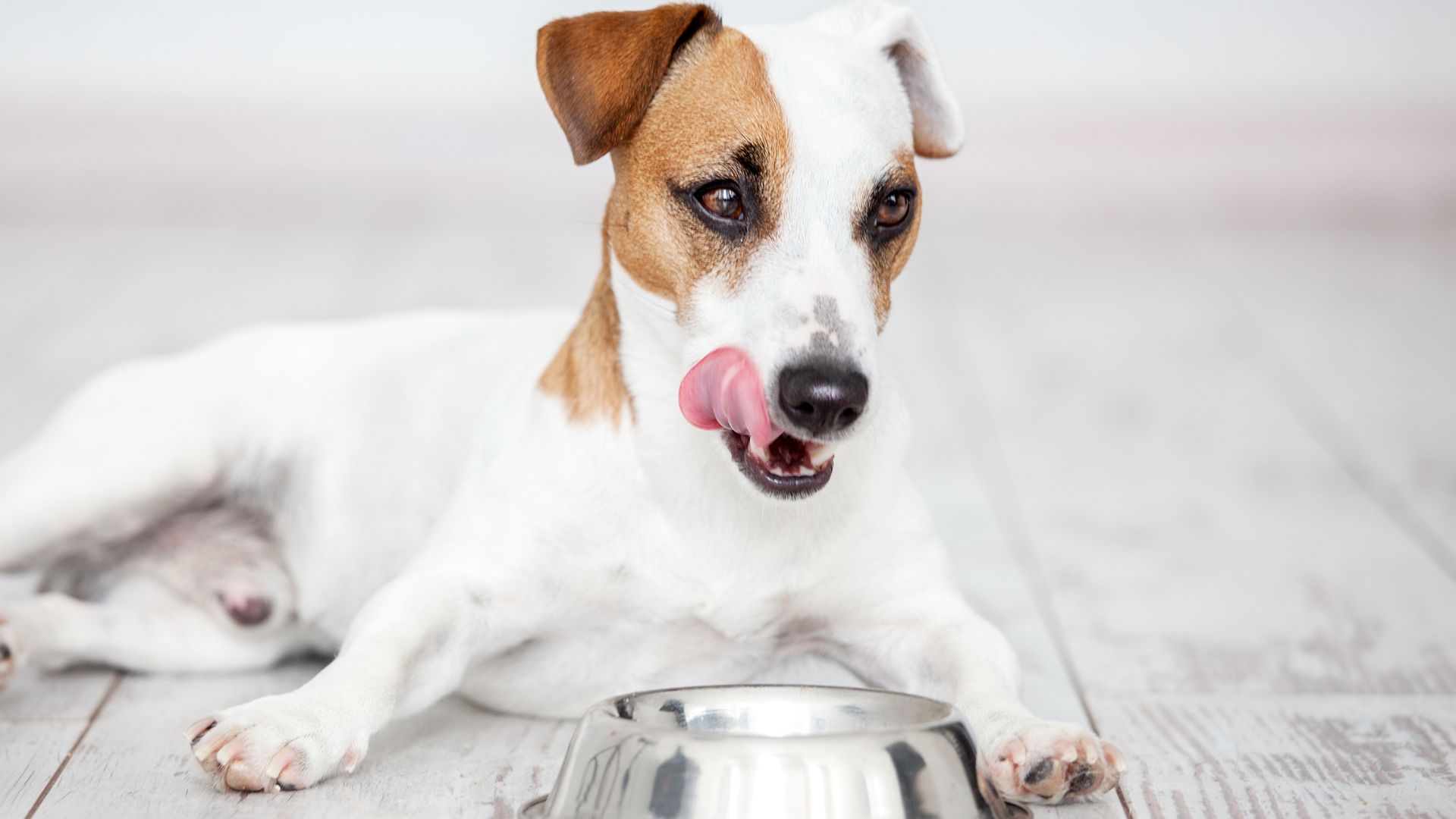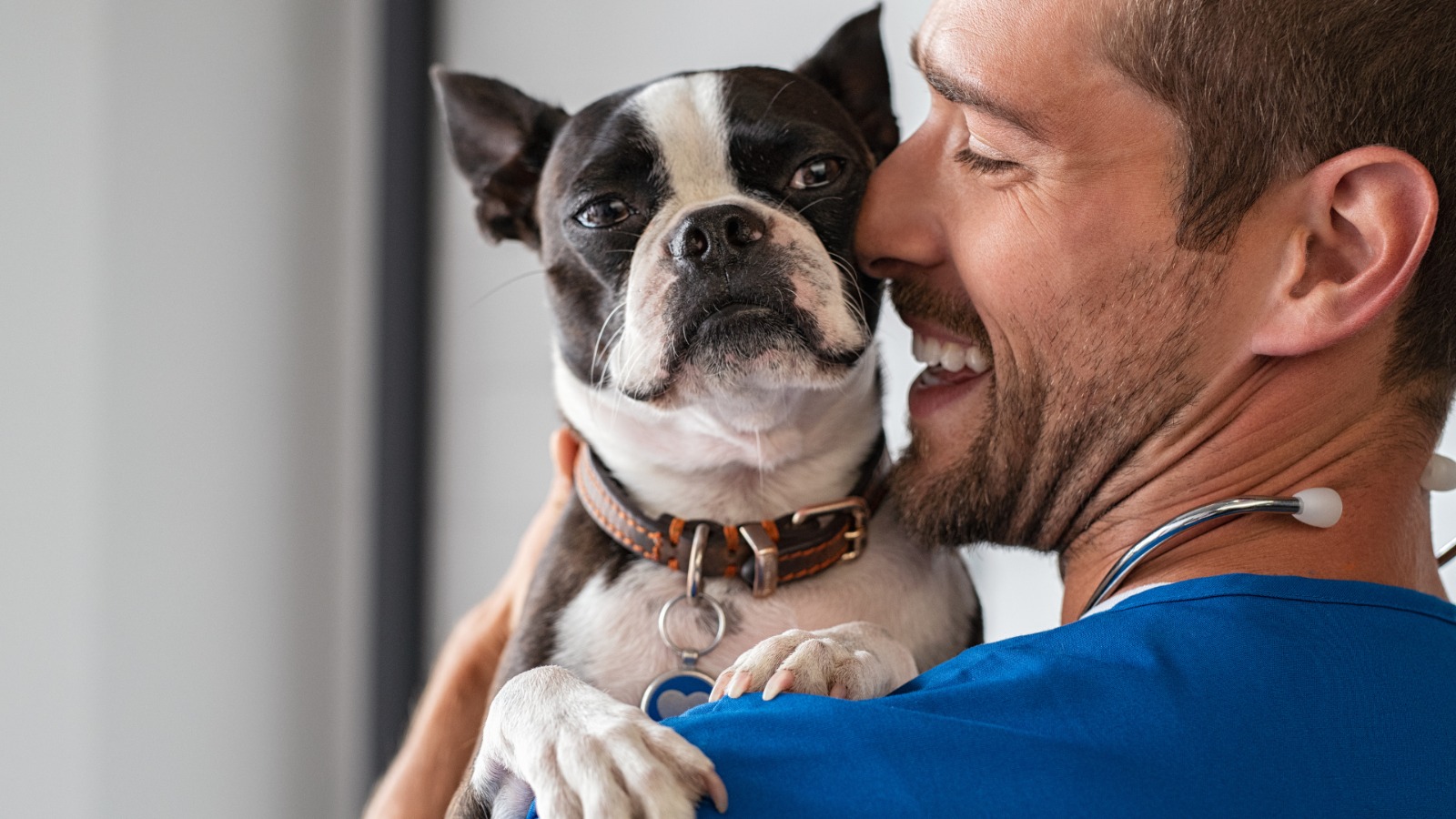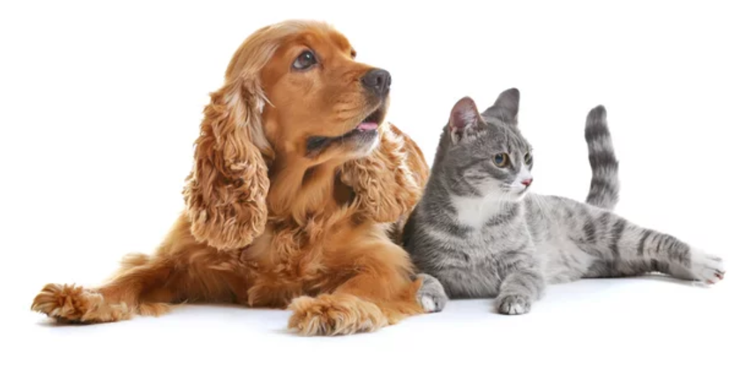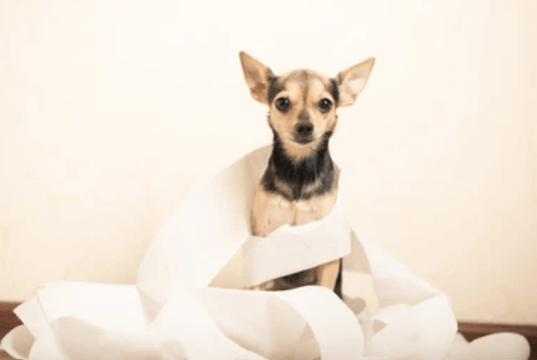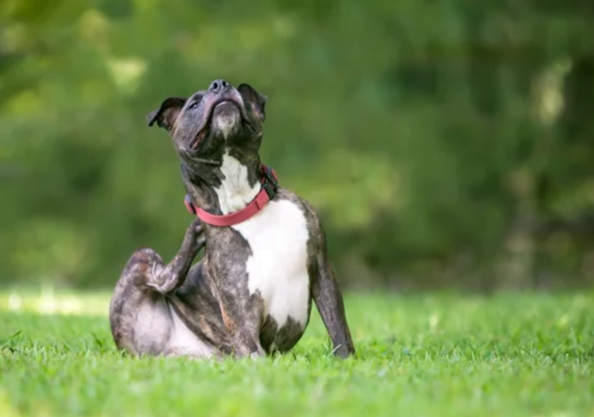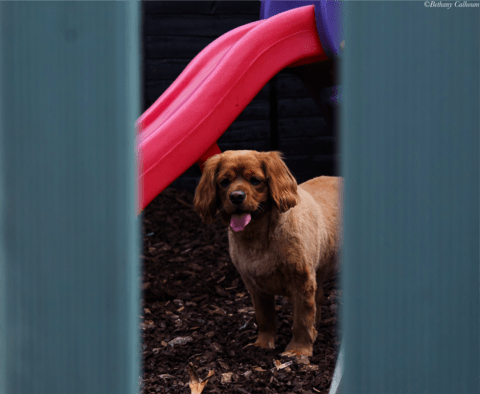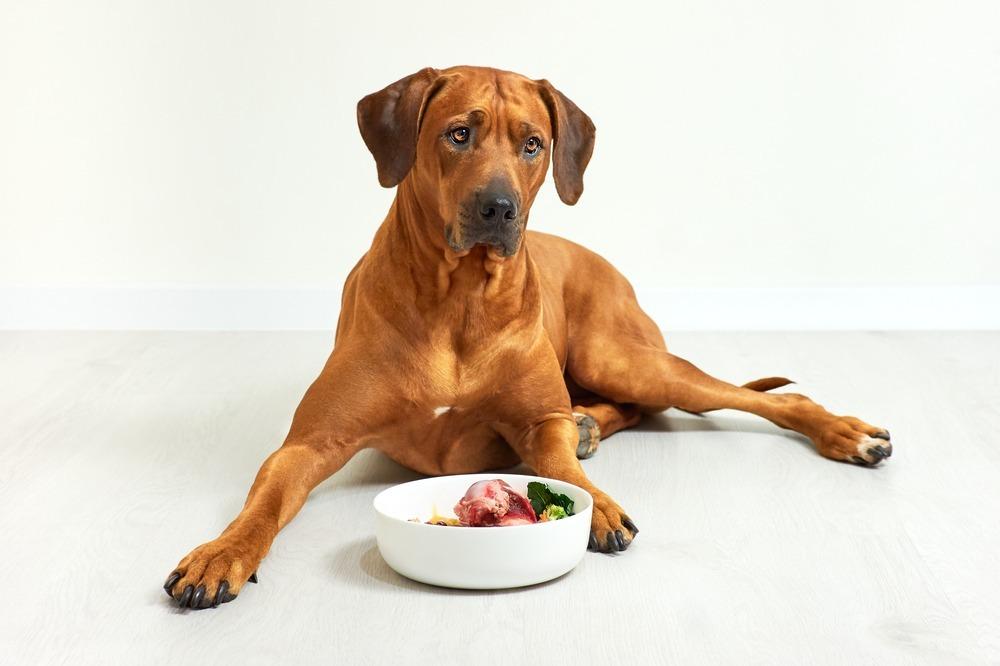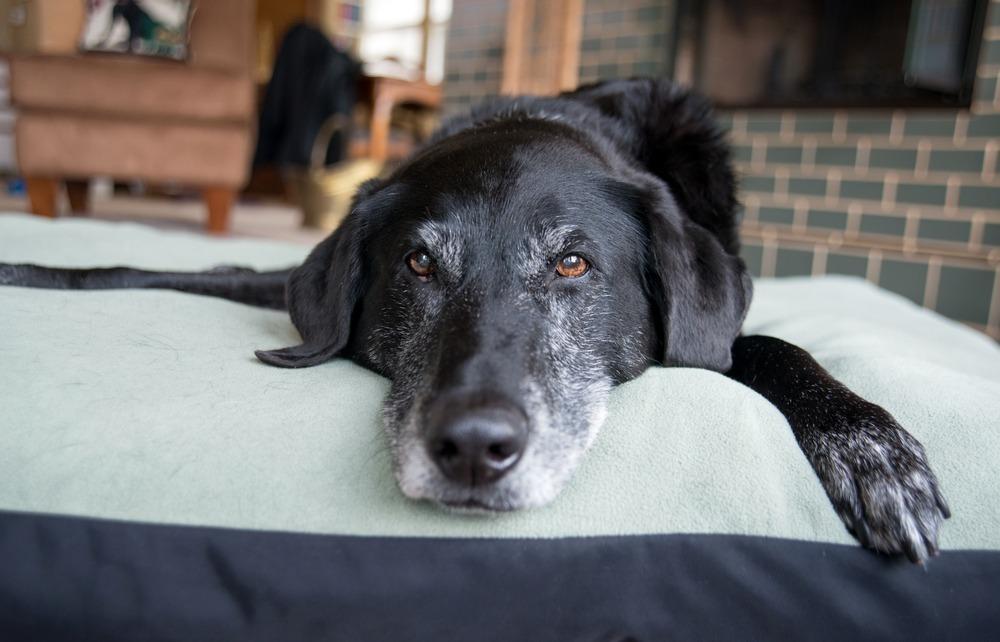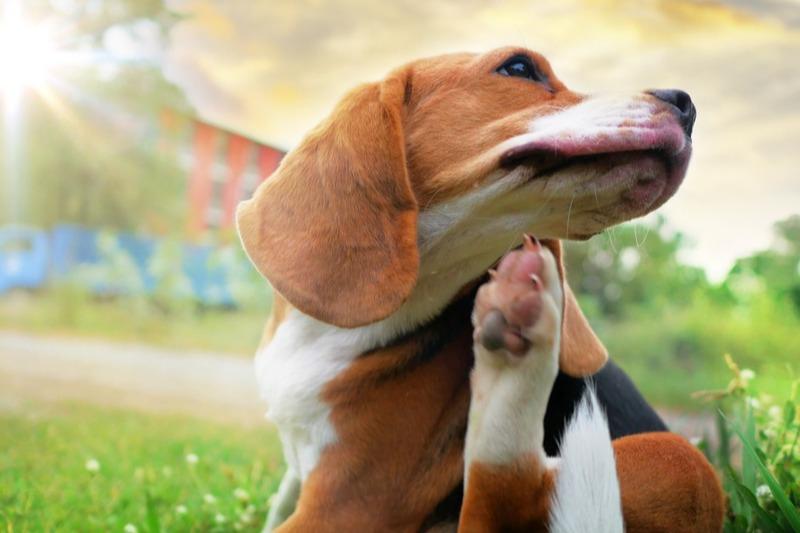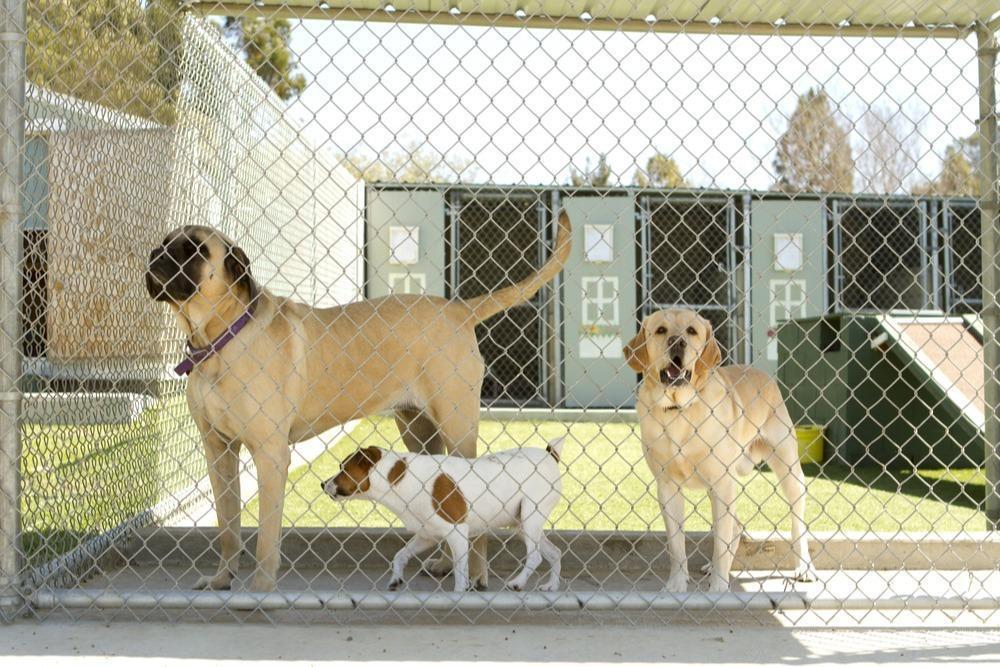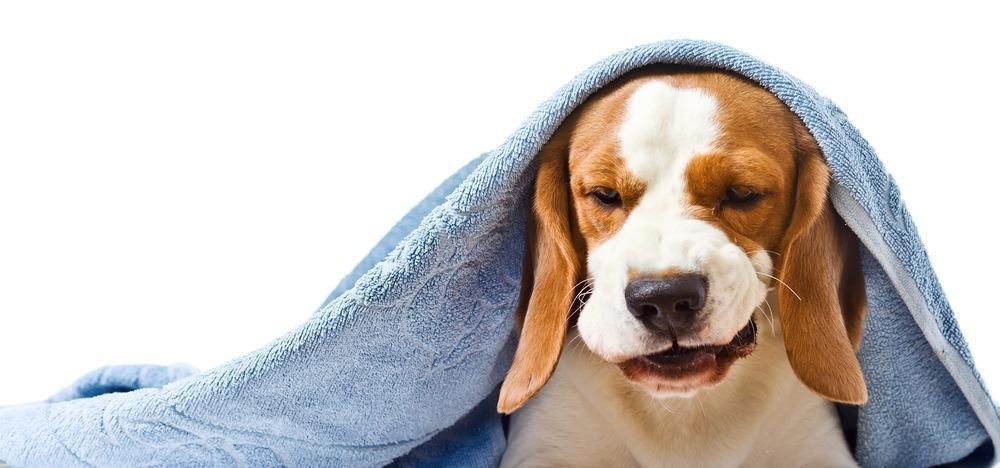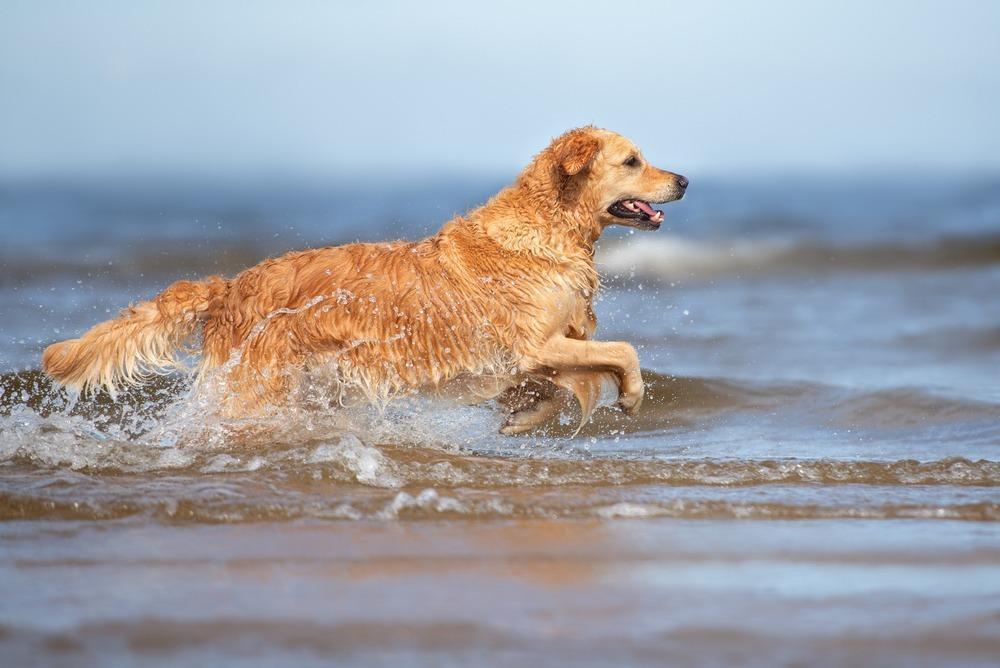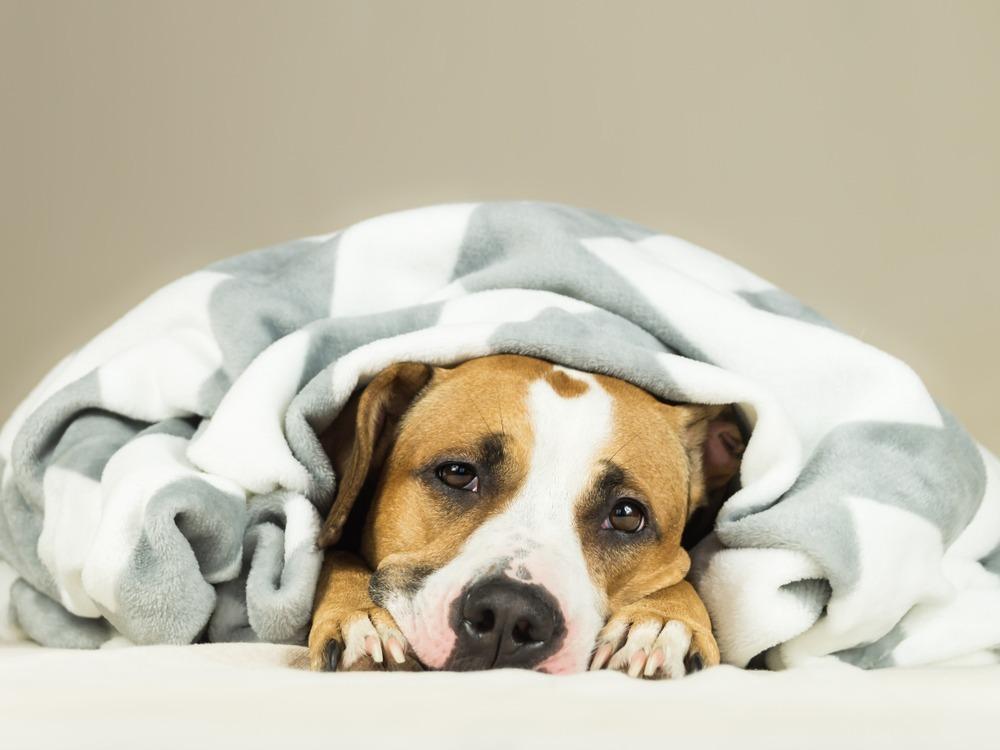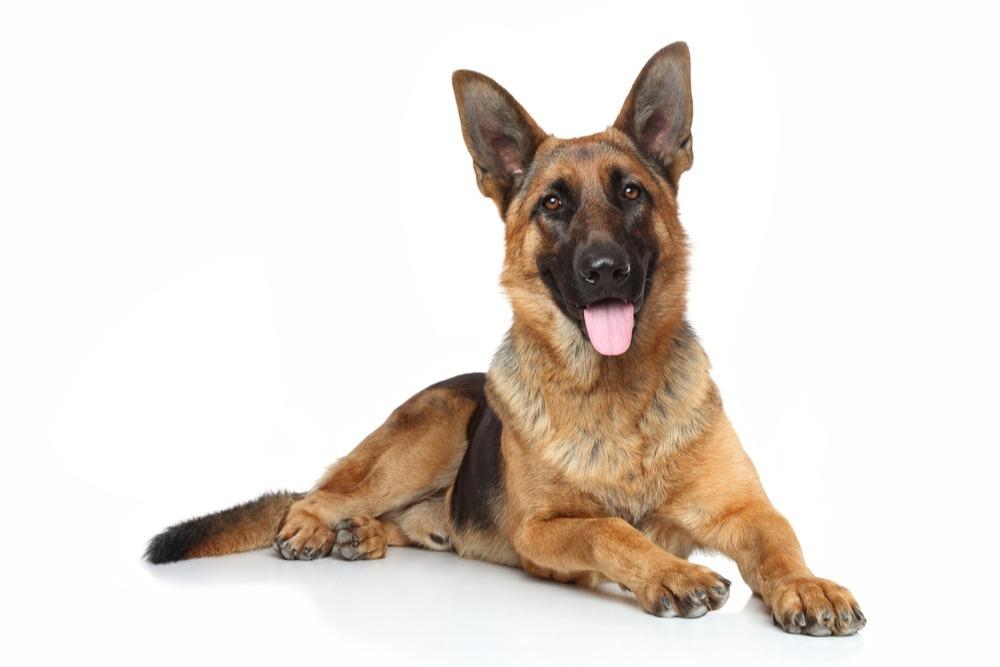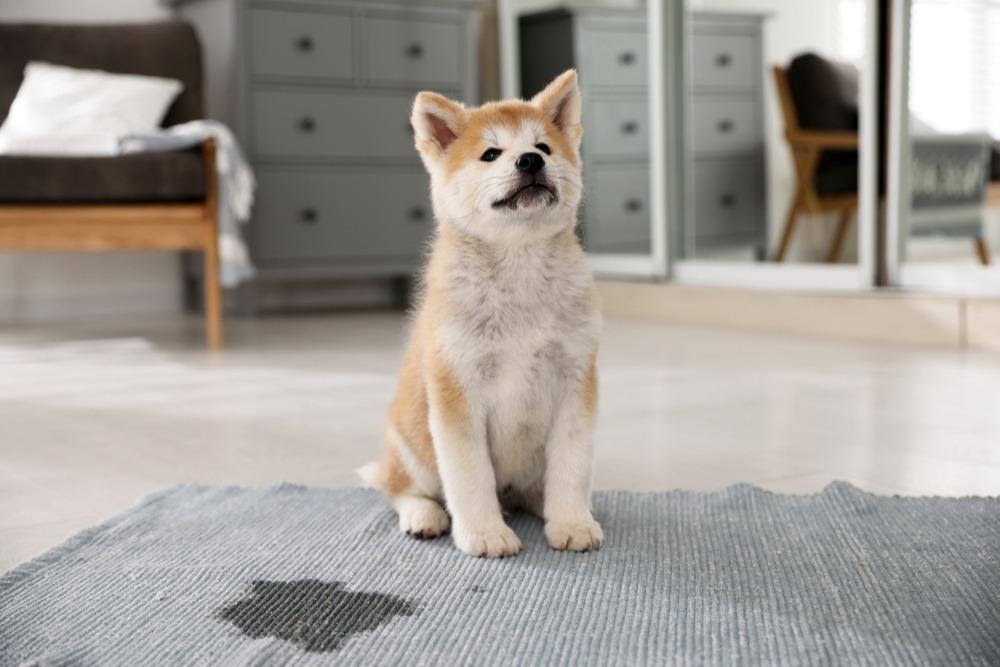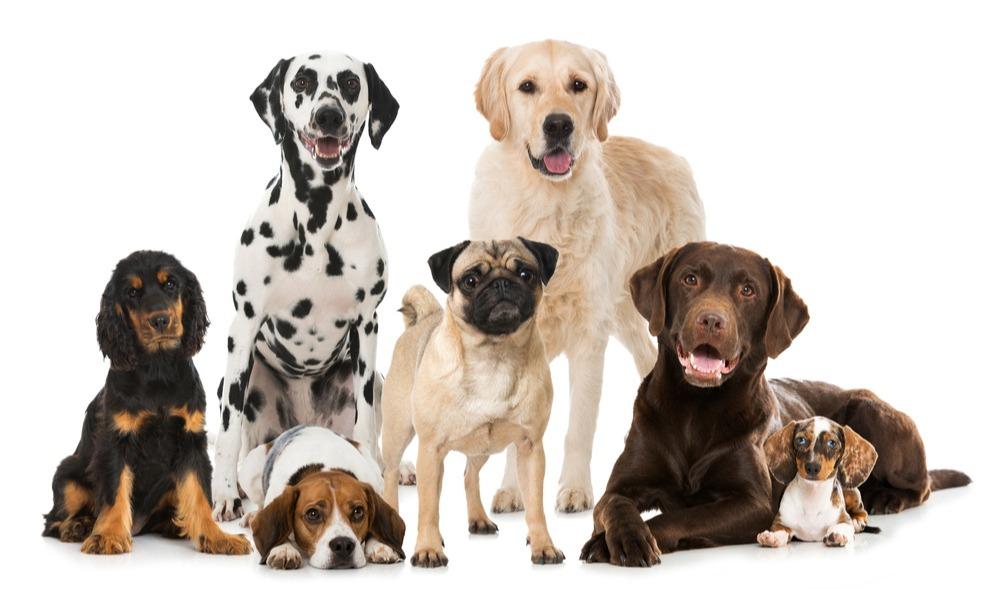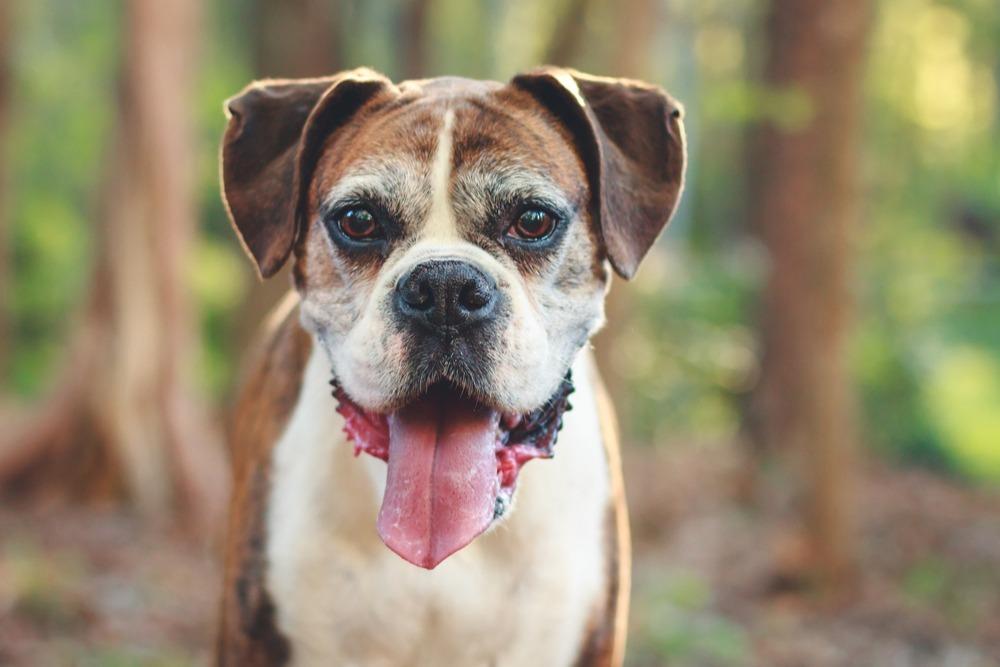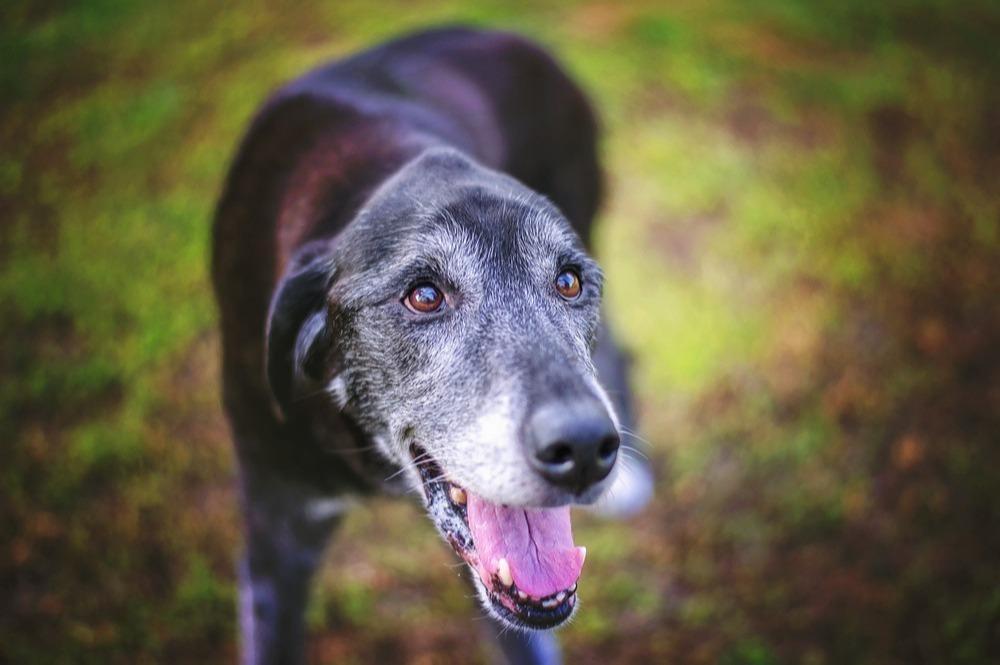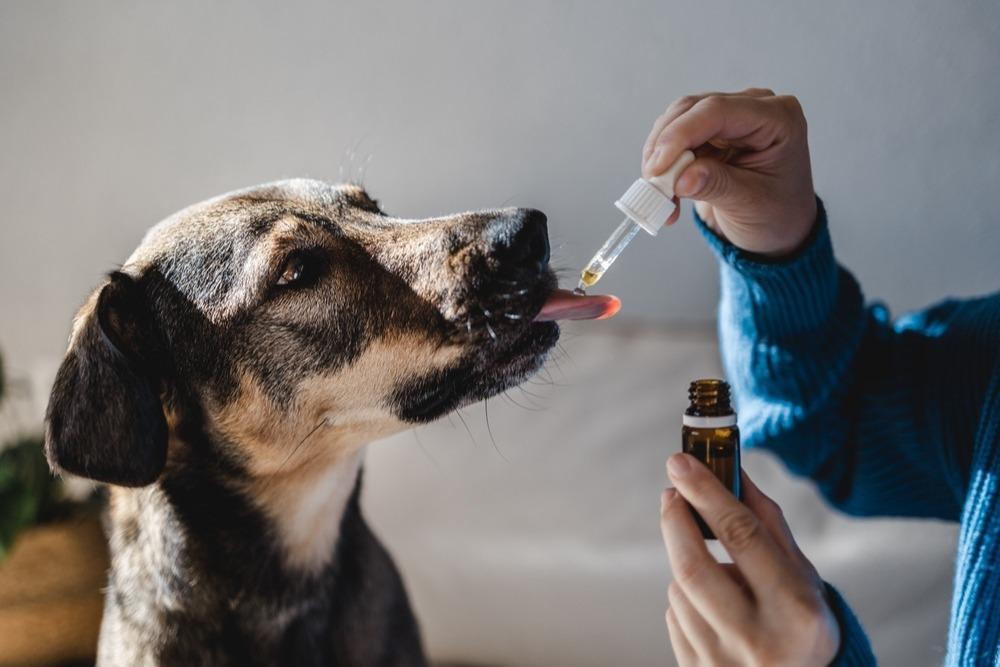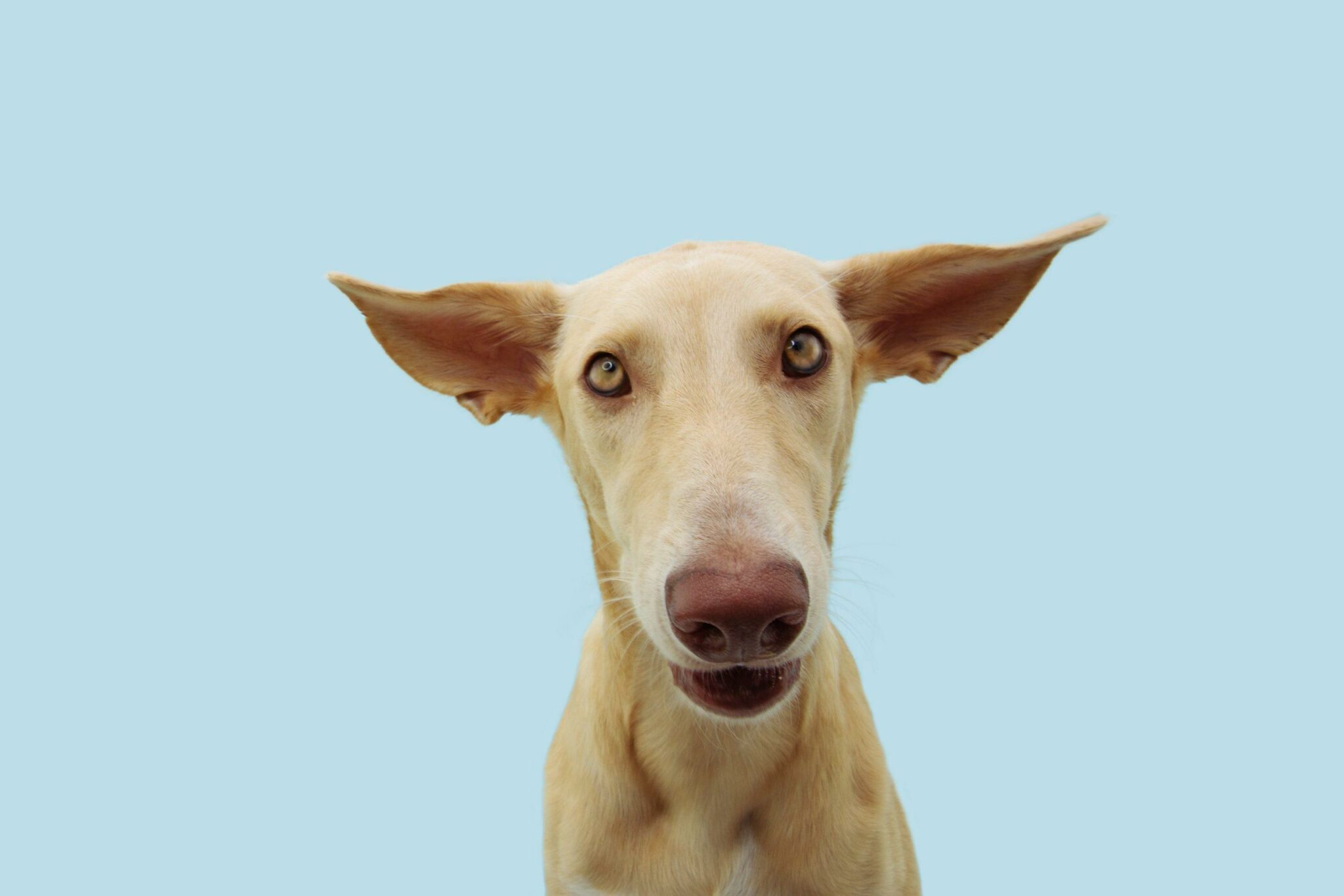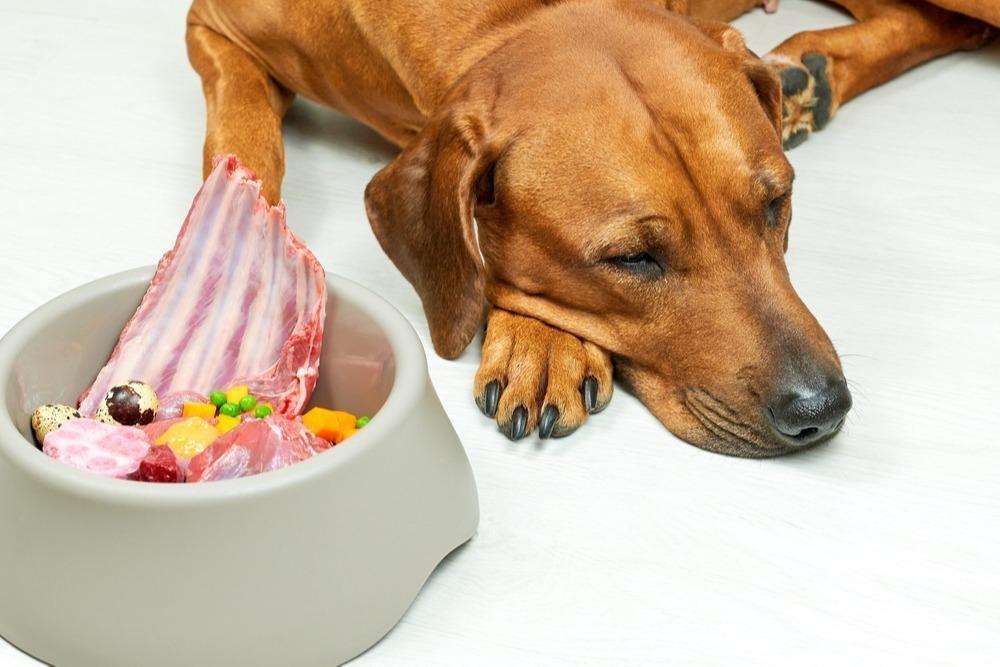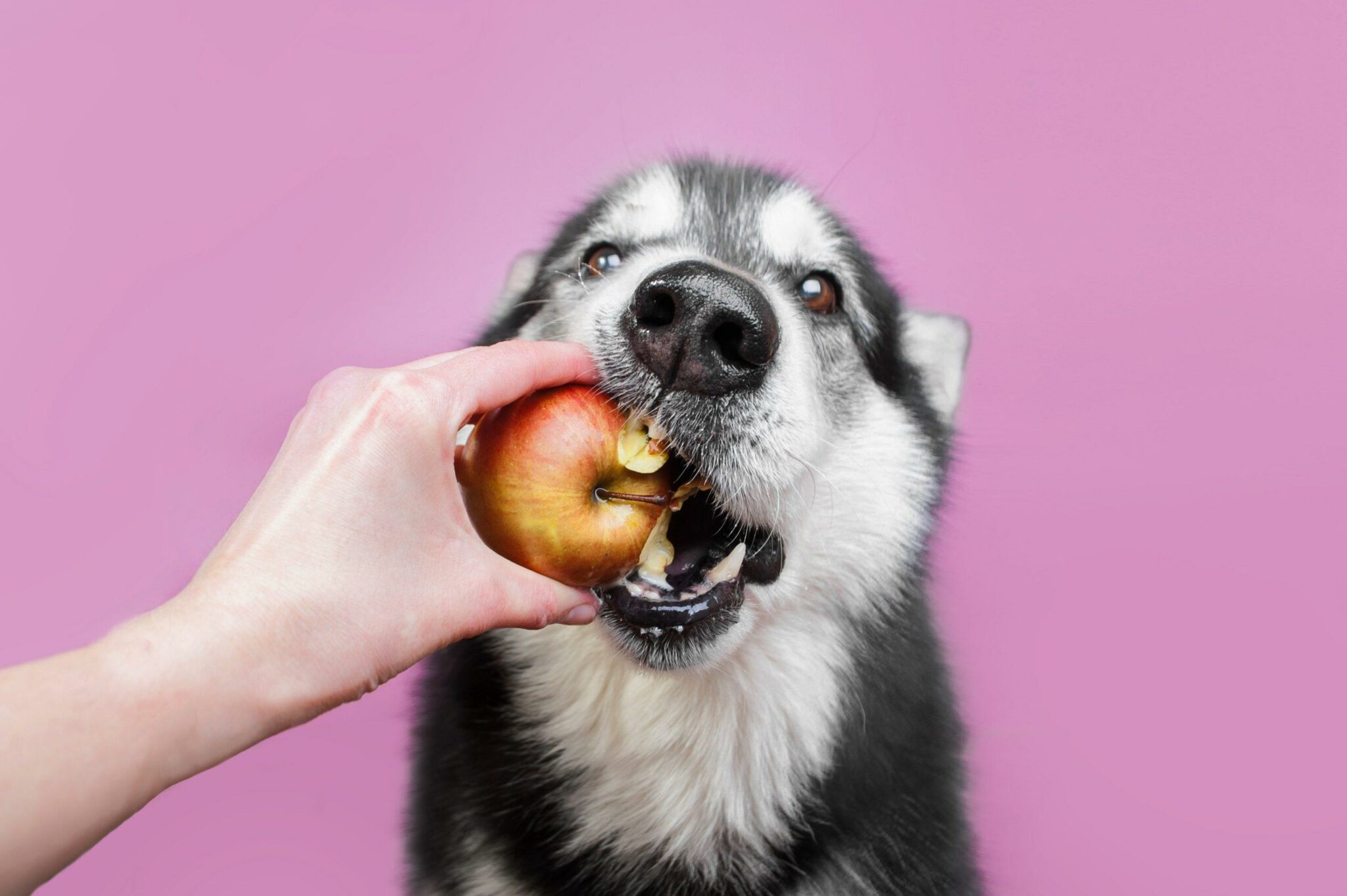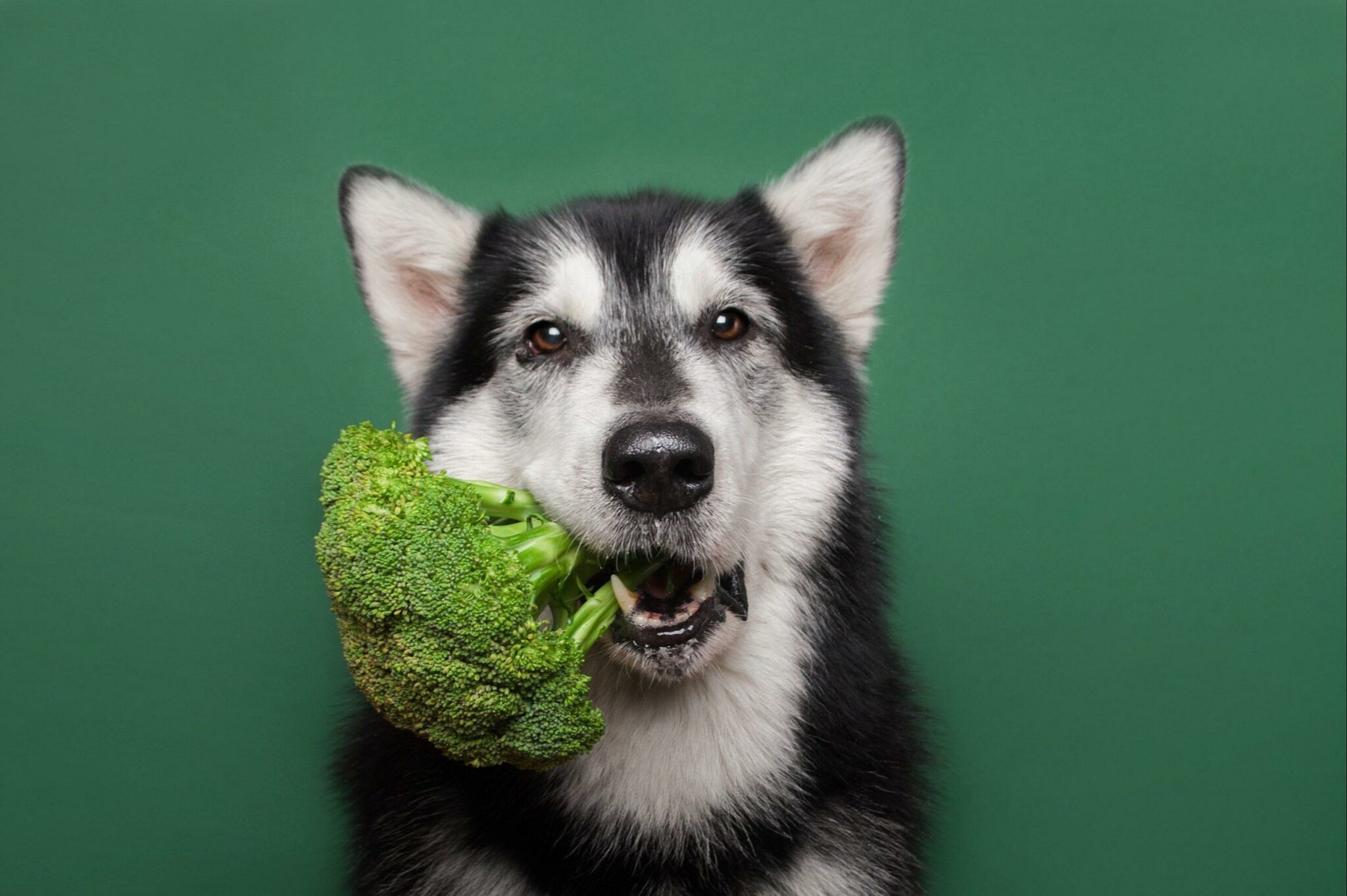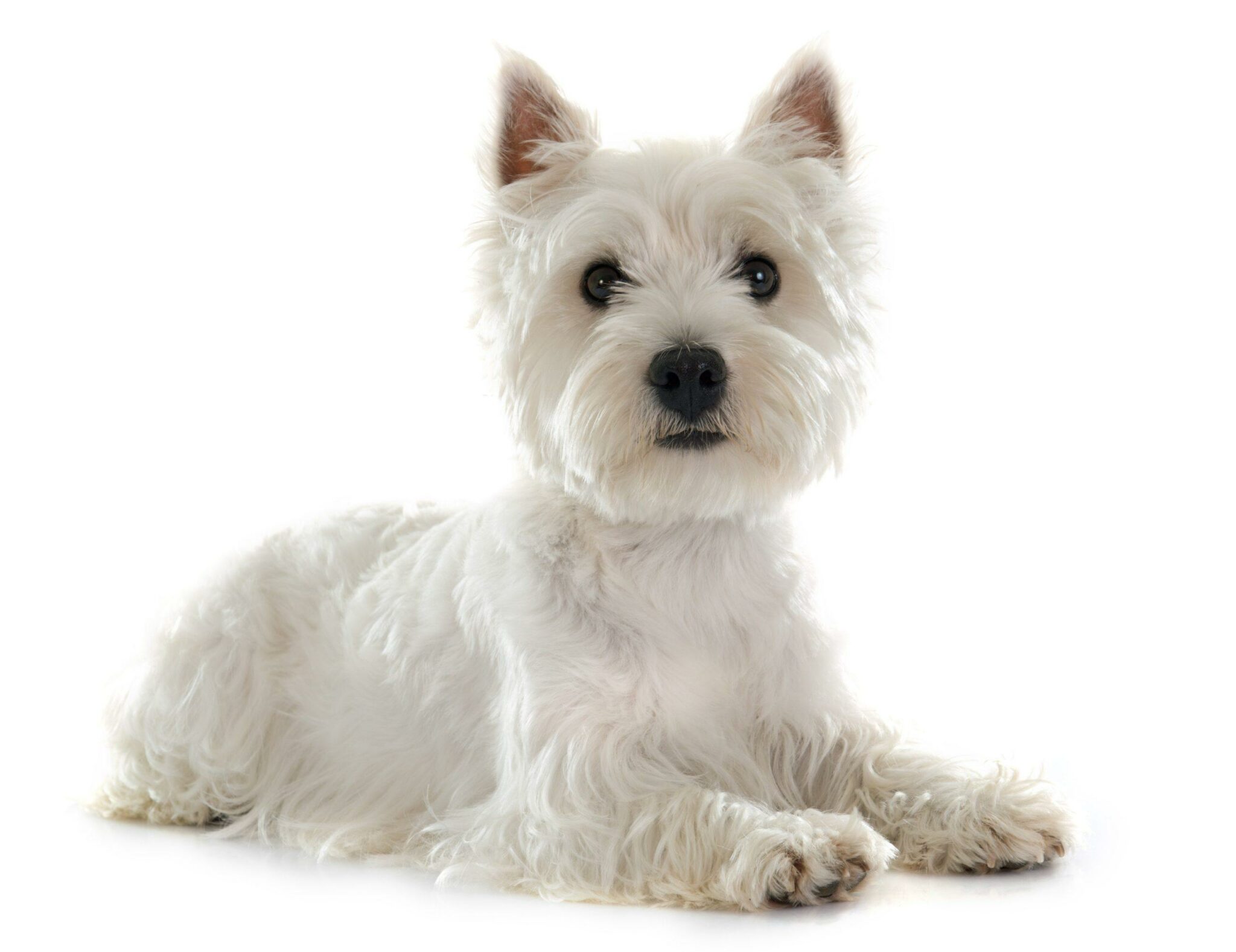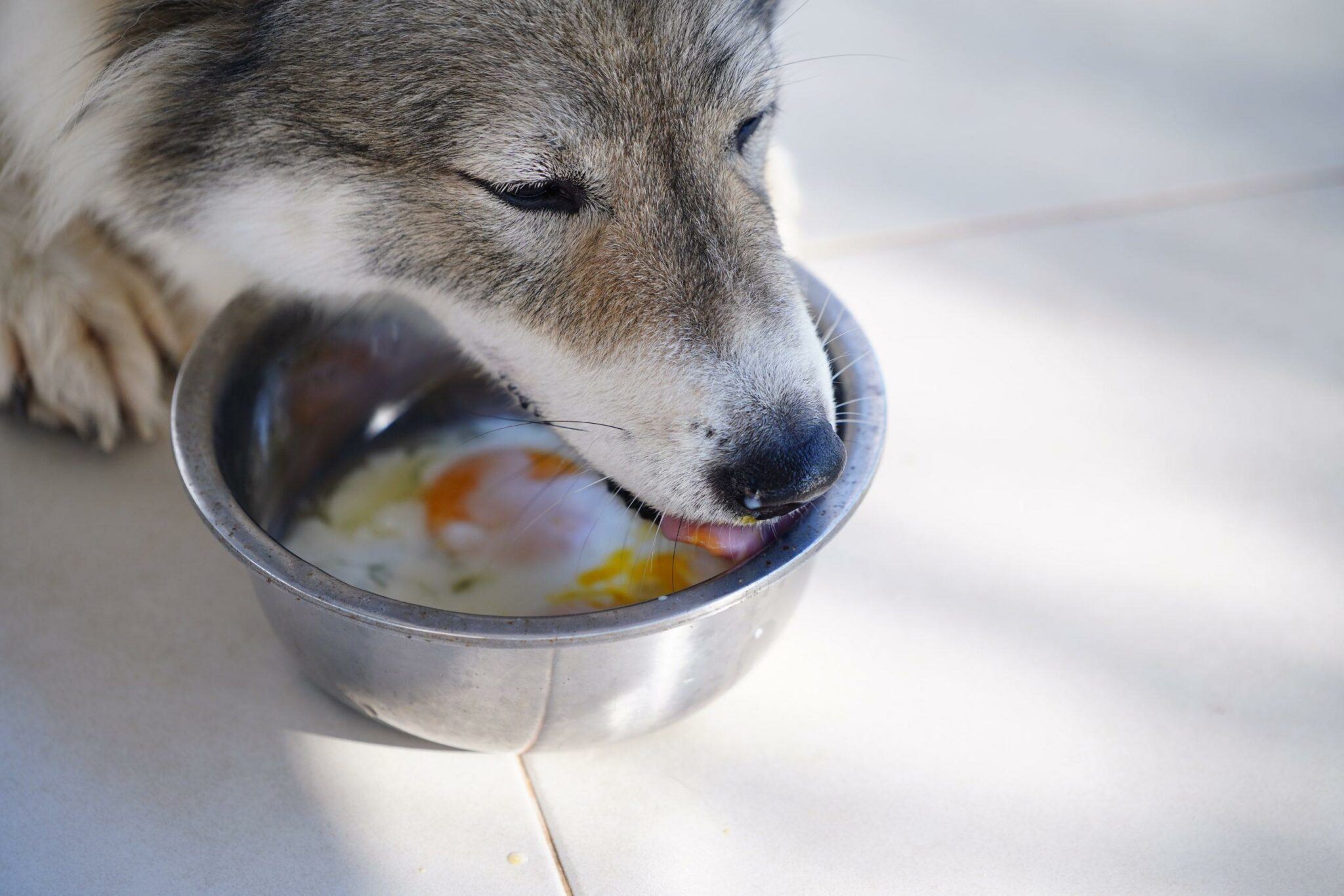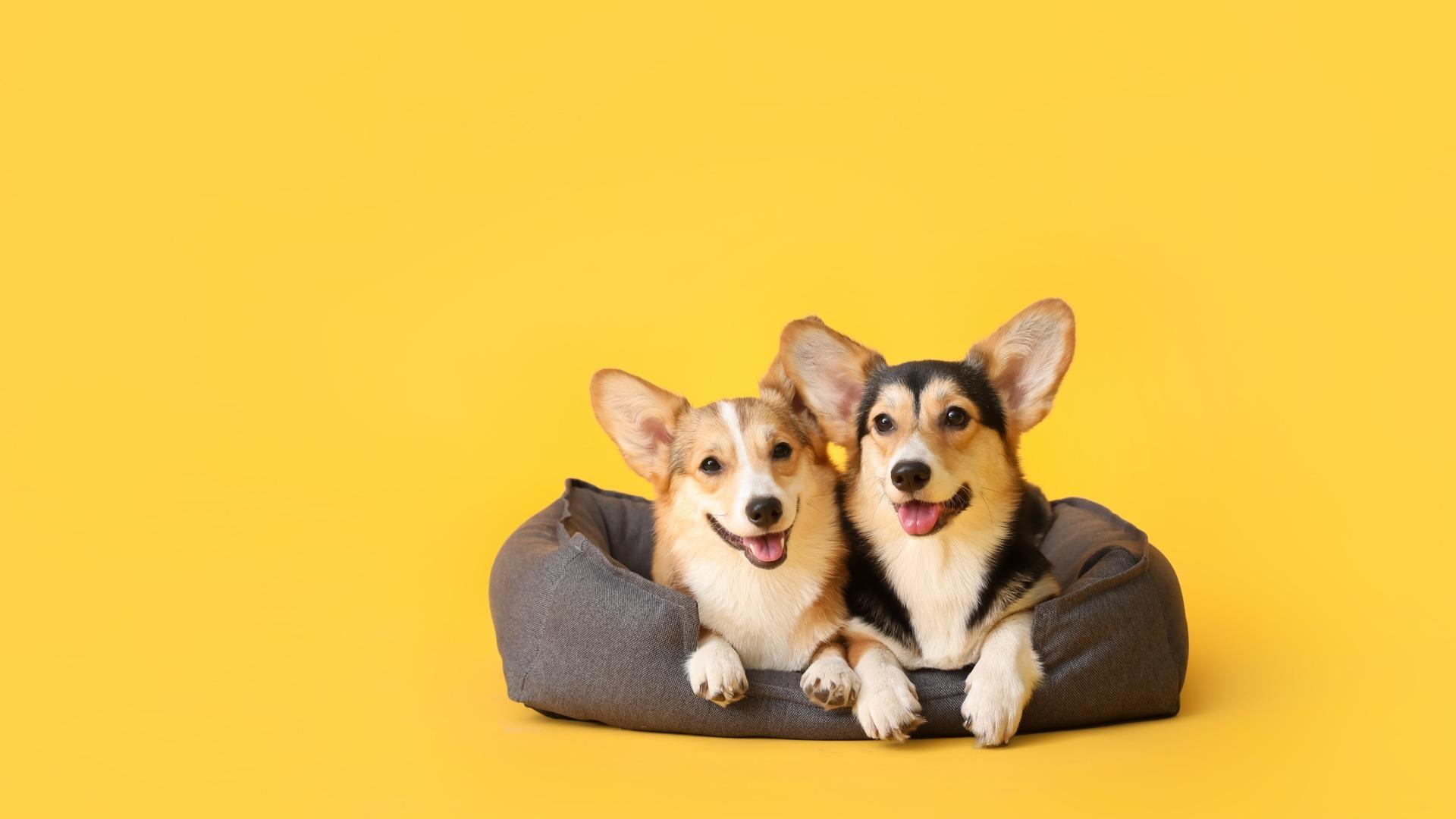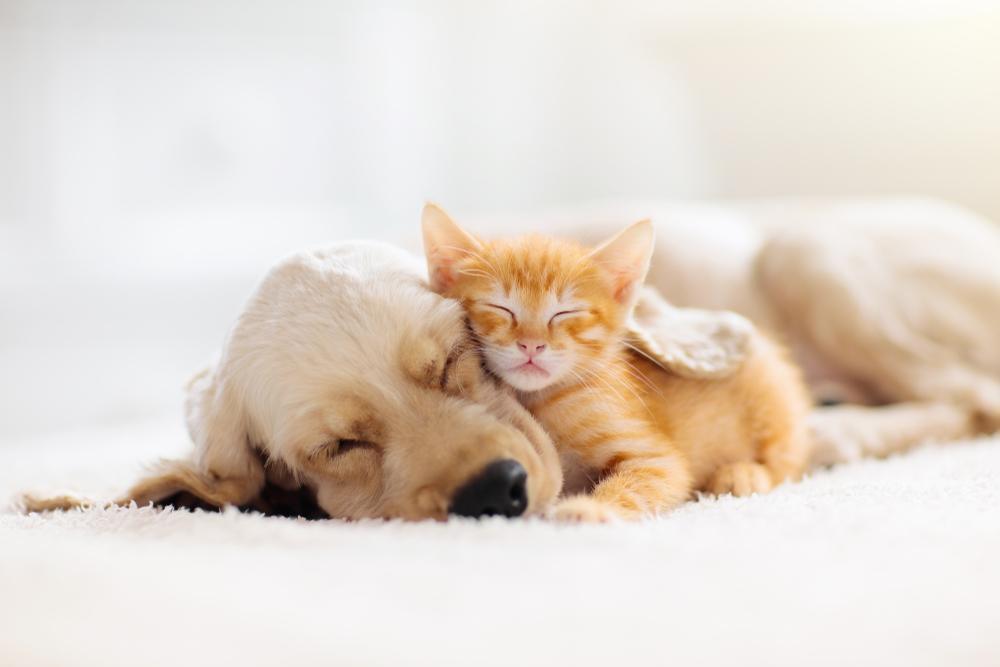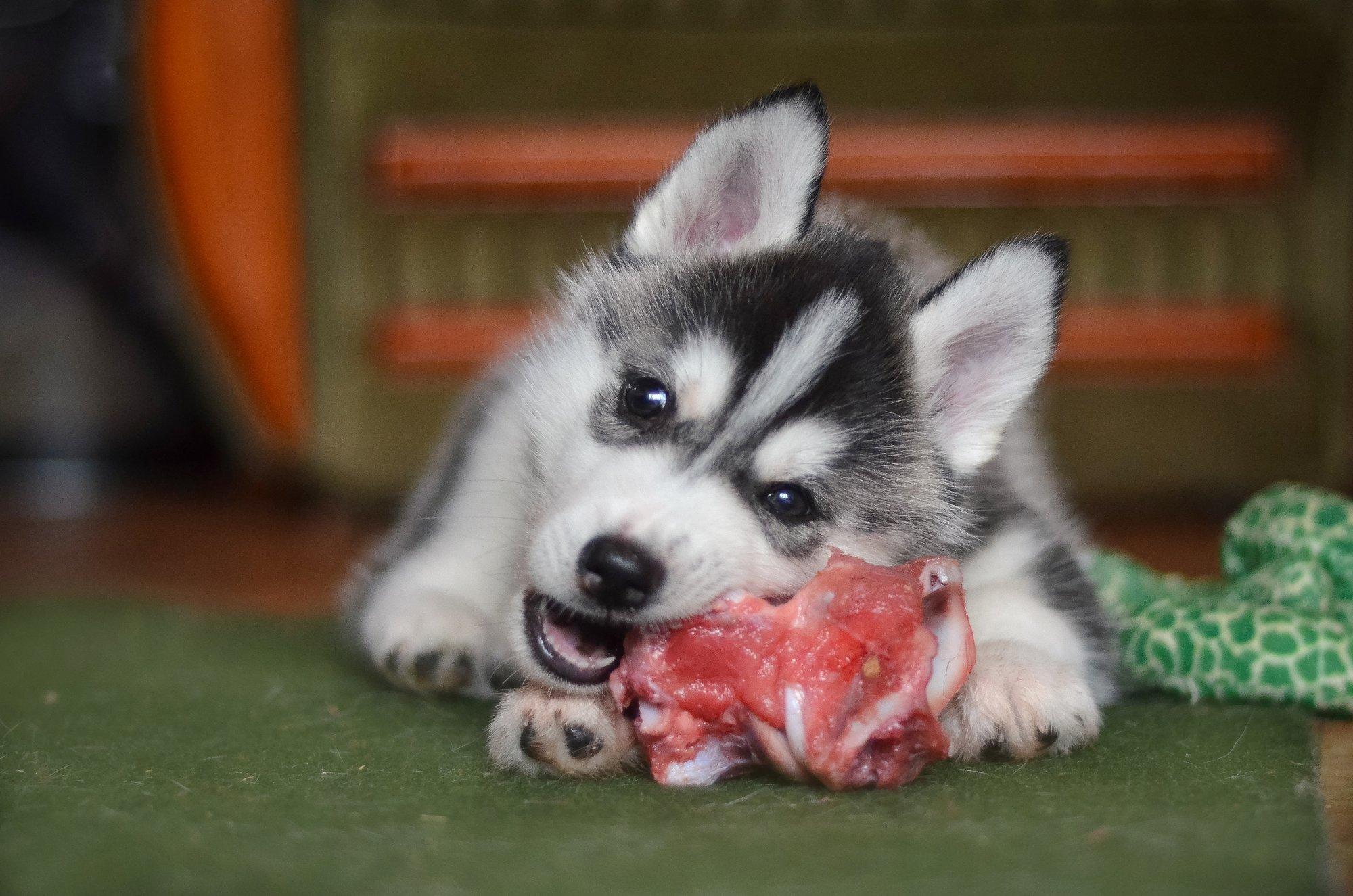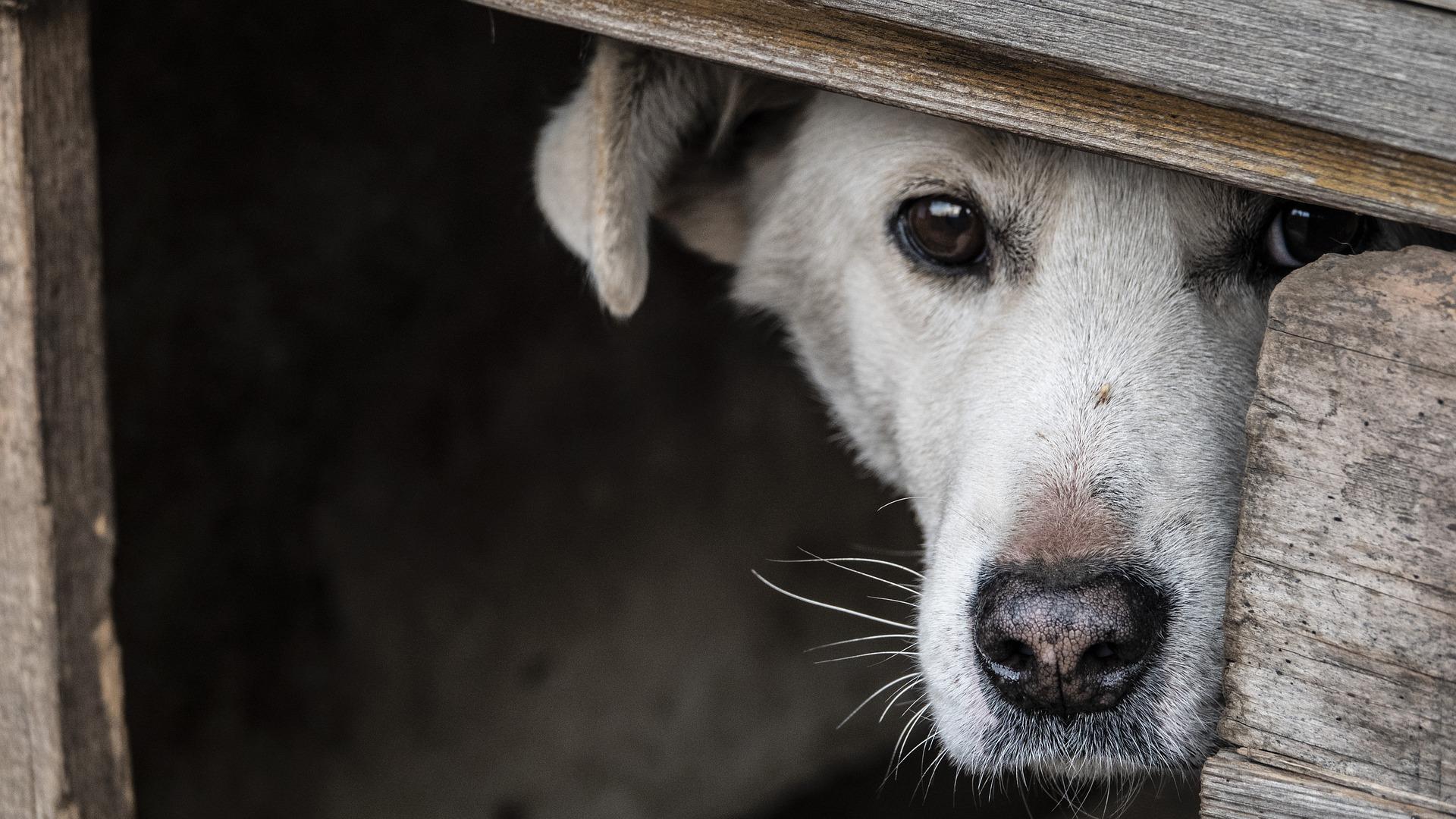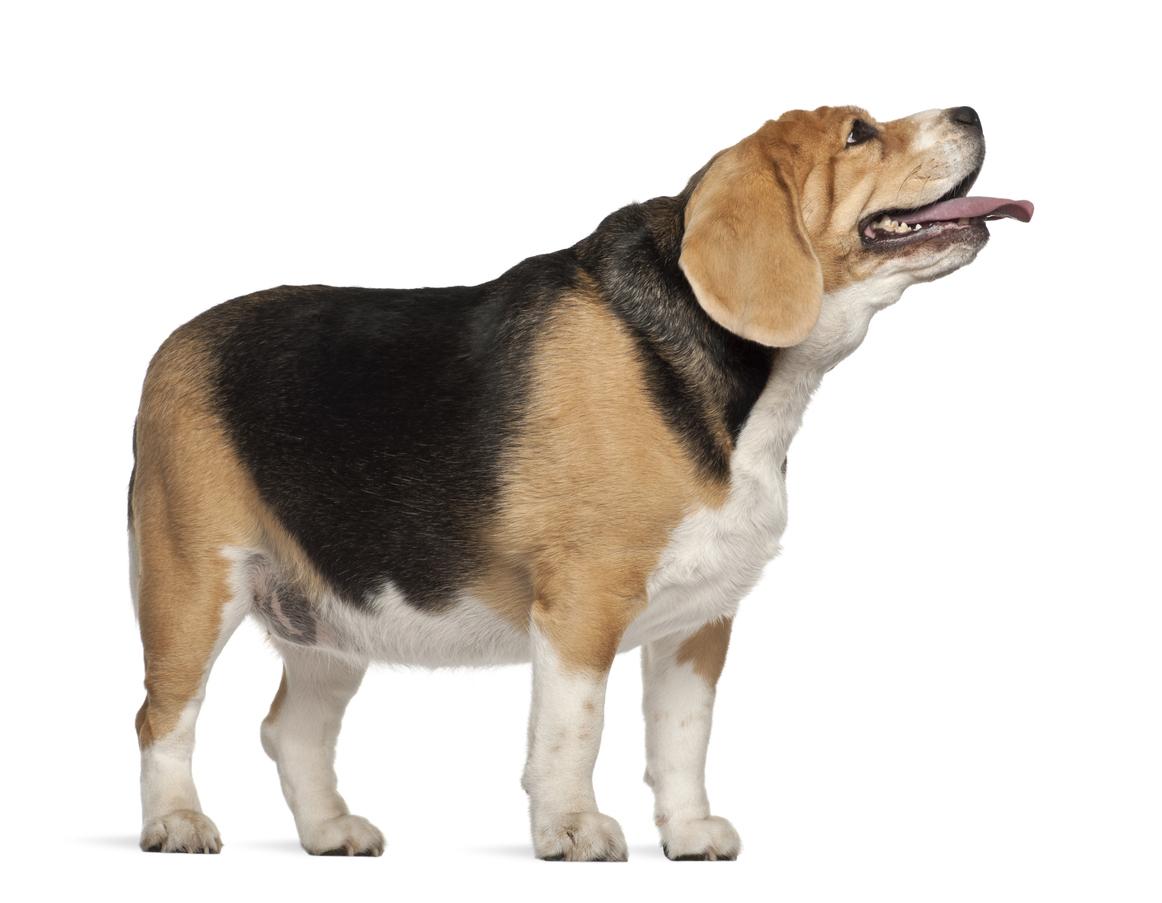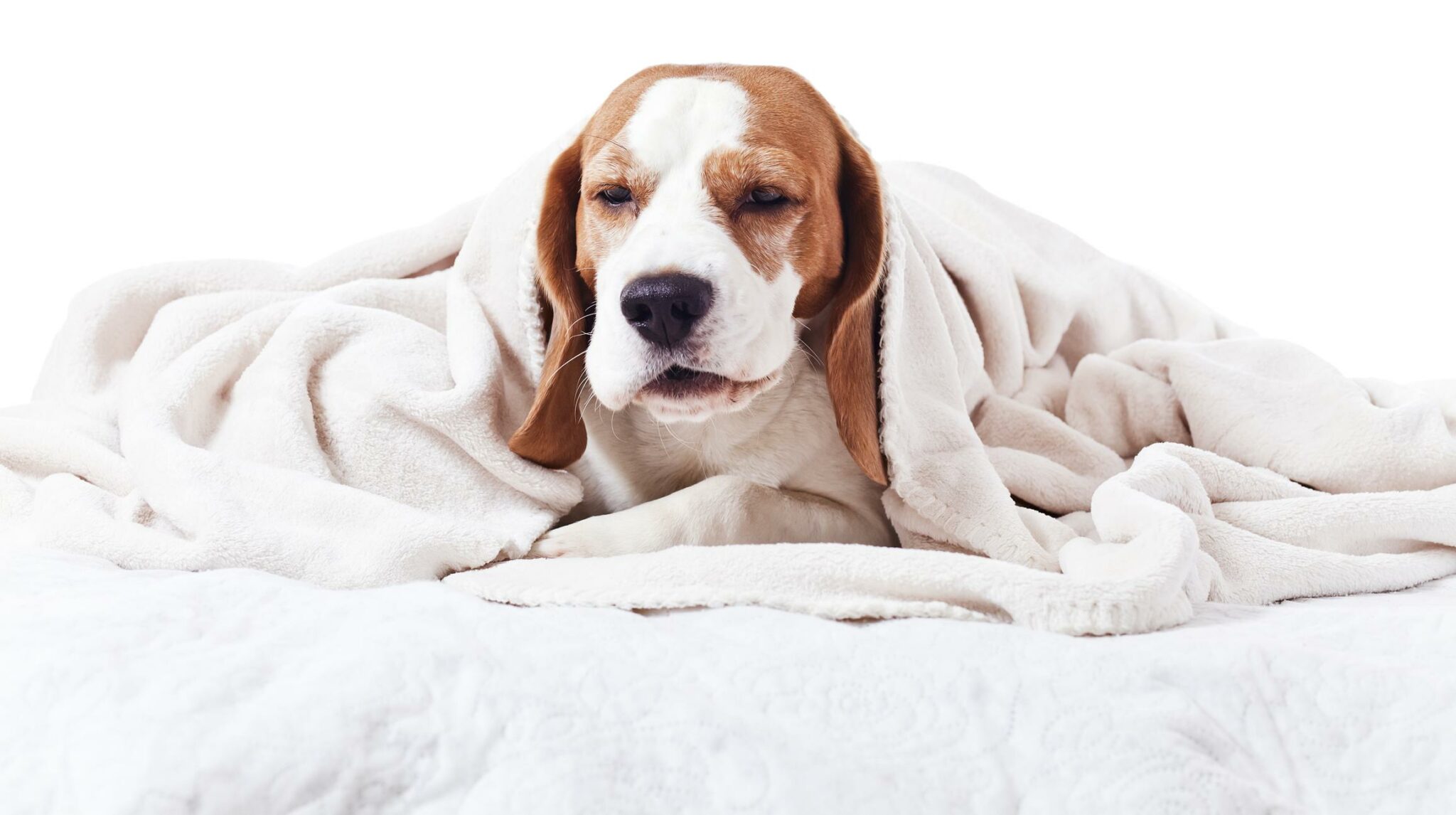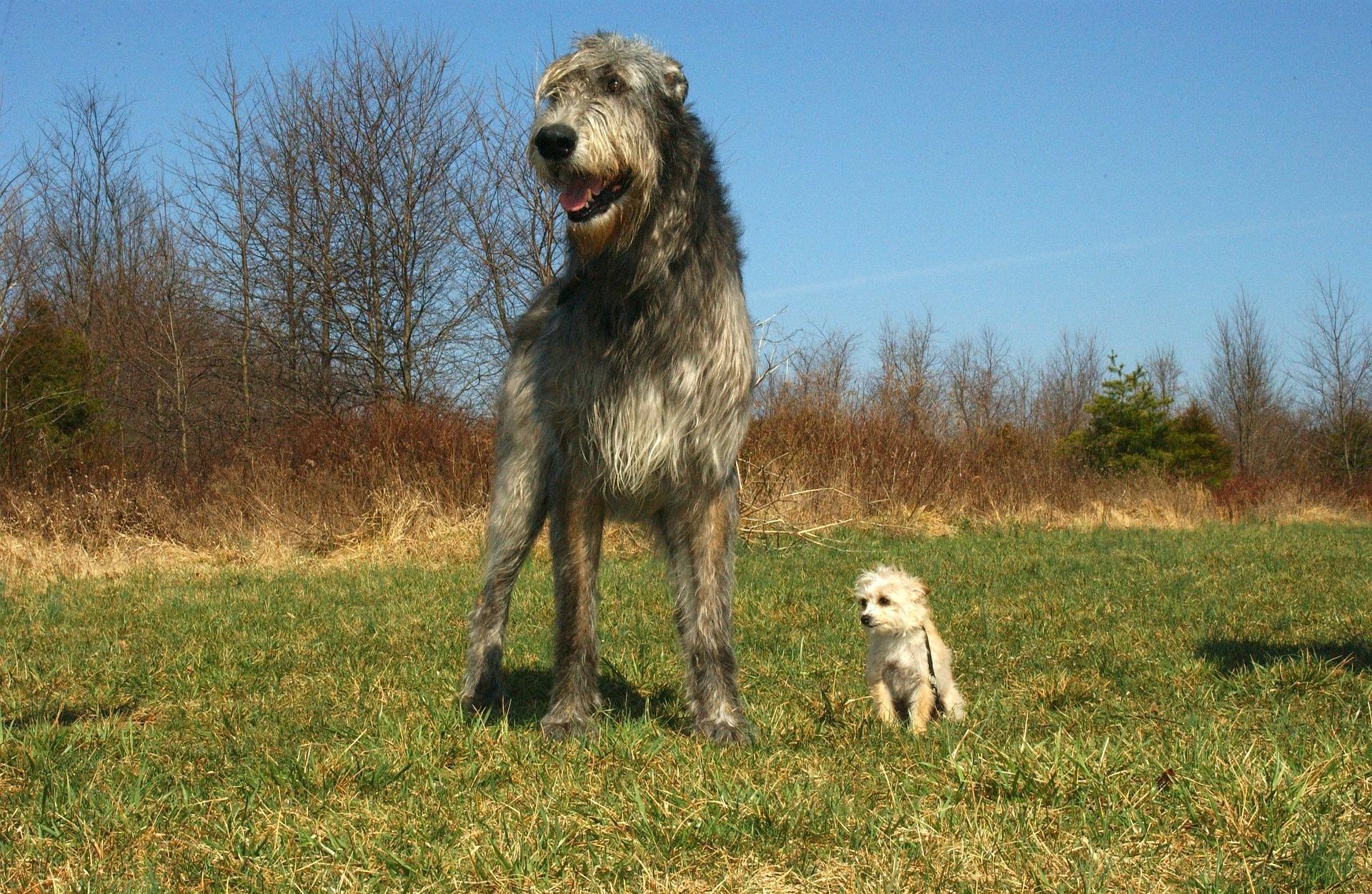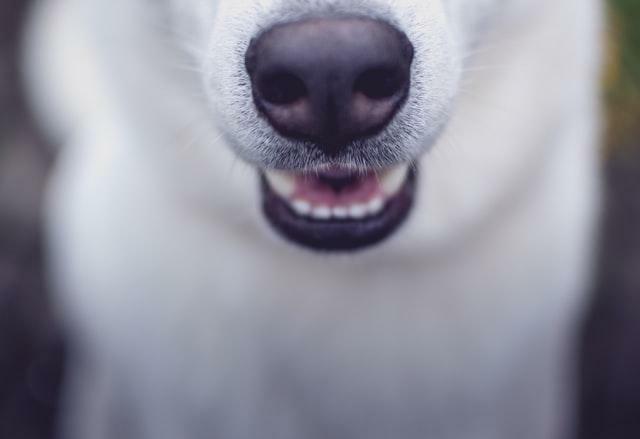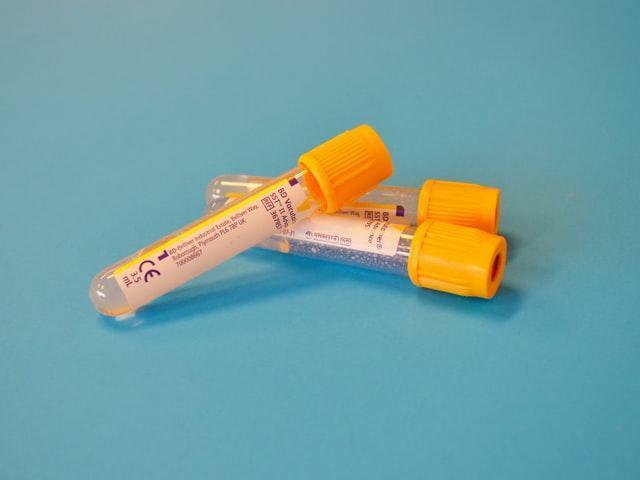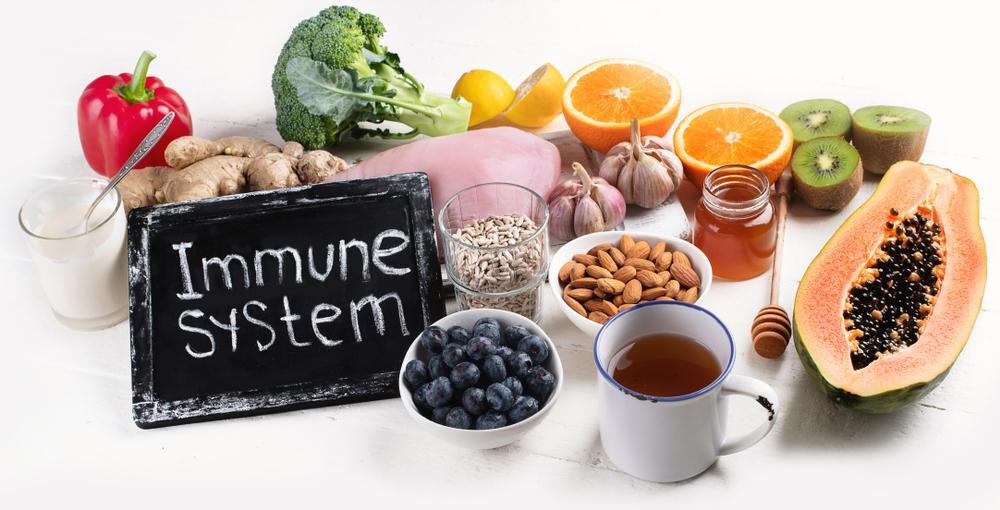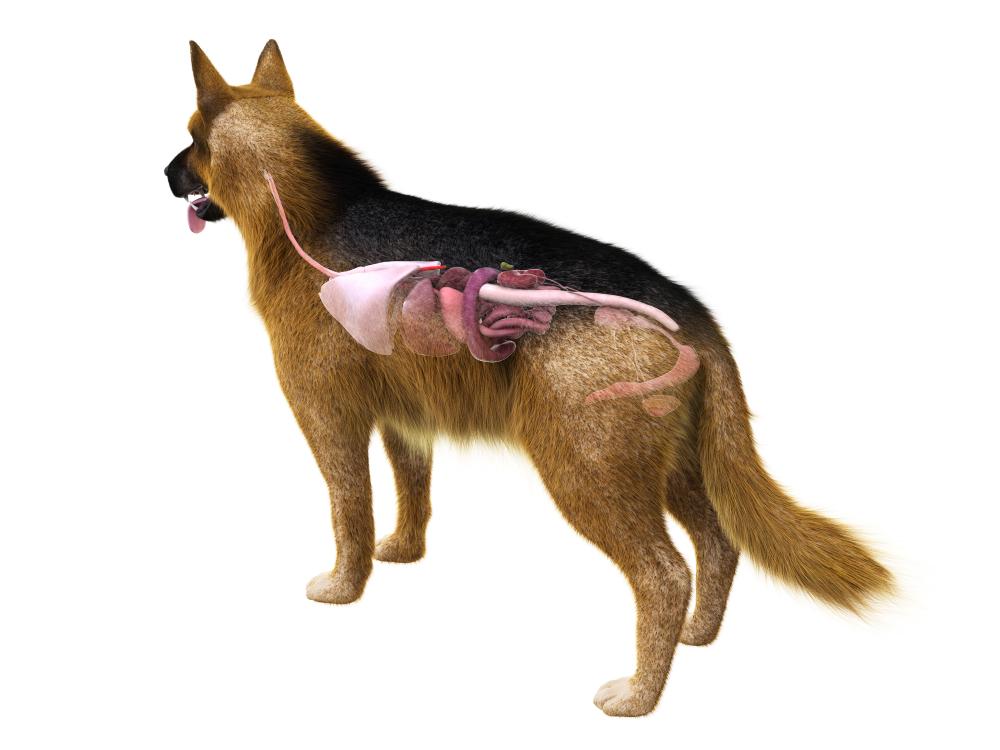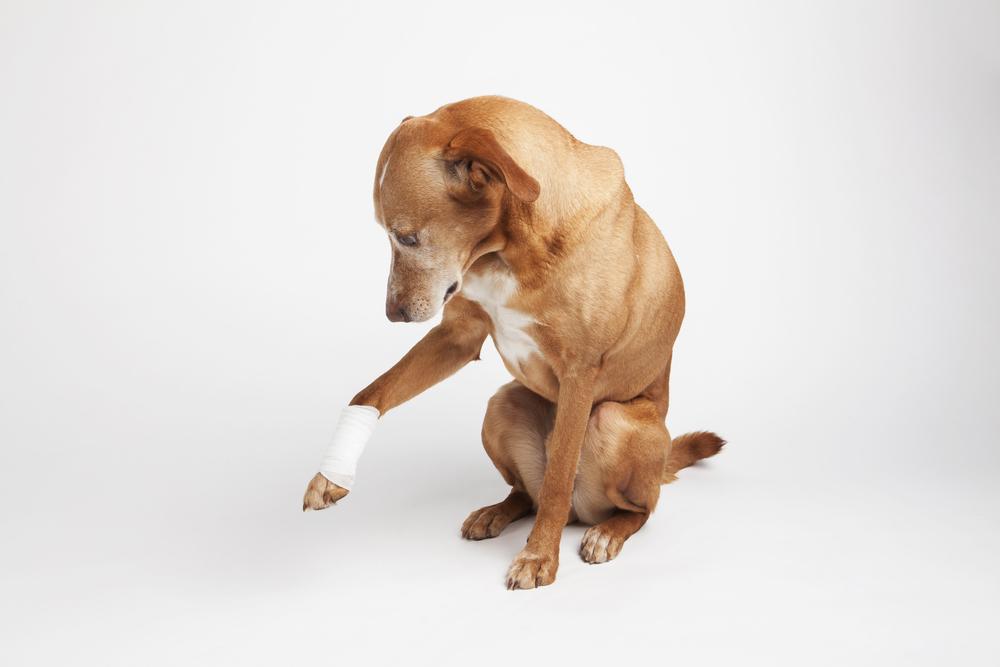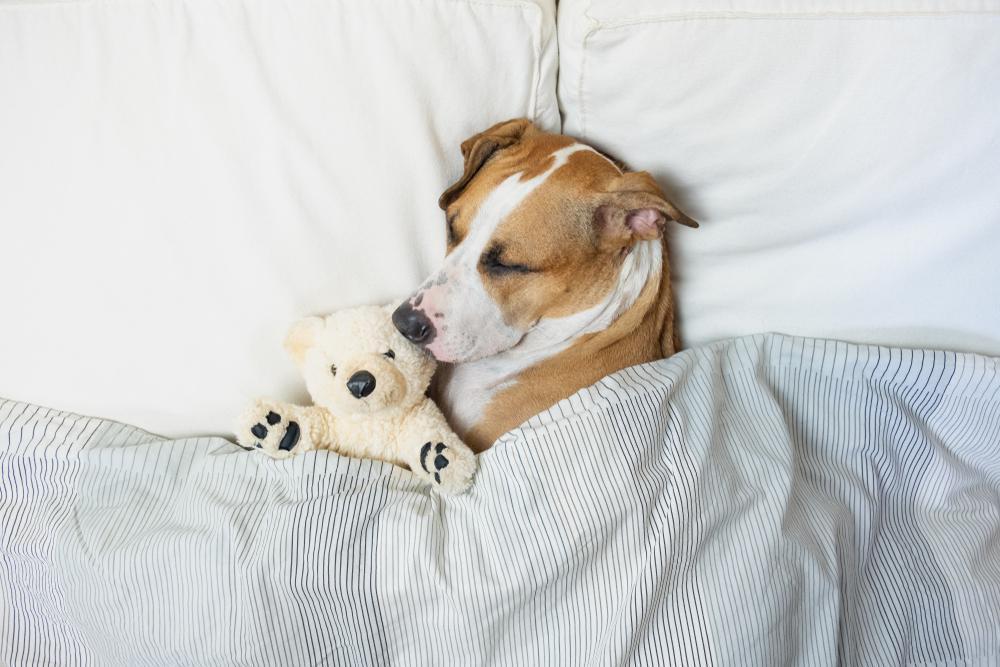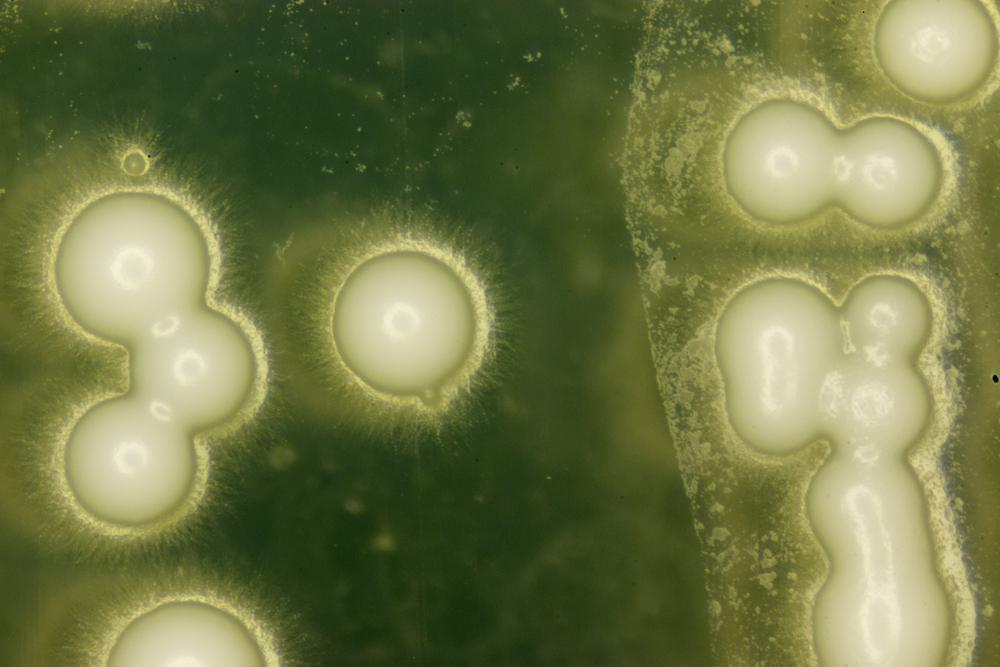Ever been in the situation where your dog is struggling to poop? You’re certainly not alone – here at My Pet Nutritionist, we have put together this guide with information on how constipation happens, and solutions to help prevent further issues, and get the gut moving again!
Diet
Dry Food
Dry food is incredibly low in moisture, which puts strain on many systems within the body, including the bowel. Kibble products are 8-10% moisture, which dehydrates the bowel. When the bowel dehydrates, gut motility becomes poor, which causes constipation. Raw food is 65-75% moisture, so is a much better choice!
Dry food is also typically low in fibre compared to fresh diets. Lack of fibre is another contributing factor to poor gut motility.
Raw food bone content
Those who feed a raw diet to their pets, will know the basic guidelines for making up a raw diet are 80% muscle meat, 10% bone, and 10% offal, plus your plant matter (if suitable for your dog), omegas and other healthy extras.
Some dogs don’t tolerate the 10% bone. This could be down to genetics, or simply because the gut needs some work after an abrupt transition from the previous diet. To improve gut health, you may need to add slippery elm or marshmallow root into the regime, alongside a probiotic. For those who just cannot tolerate the 10% bone, you may wish to dilute the bone in the food using boneless raw mince, or even switch to a boneless complete, of which there are a few brands on the market. Alternatively, you can use
our recipes. The calcium rich substitute for bone in such products and recipes include Bone Meal, Egg Shell, Kale and calcium-rich seaweed. Specially formulated diets will include the correct amount of specific sources of calcium, whether it be plant material, or through the aforementioned supplements, dependent on the protein source used in the recipe.
Some brands tend to have slightly higher bone contents than others despite being labelled as 80-10-10. It’s always worth trying other brands if your dog starts becoming constipated.
Protein choices also make a difference regarding the bone content. As an example, a common protein we see dogs constipated on, is rabbit. Rabbits have soft bones (which contain low amounts of calcium), and hard bones (like other bones typical of mammals). Because the softer bones contain less calcium, more bone is often required to hit the minimum FEDIAF guidelines for calcium content, which can cause some dogs to become constipated. If you have this issue, either dilute the bone by substituting a small amount of the raw for boneless mince, looking at changing proteins, or feeding half rabbit 80-10-10, and half other 80-10-10.
Those feeding DIY raw instead of premade raw foods, may need to give a day or two of boneless meals (just the muscle meat and offal) following a bone-heavy day. Watching the dogs’ bowel movements is a great way to keep track of what the dog needs in the next meal.
Ideas to help get things moving again:
- Add leafy greens or green beans to the meal
- Replace a little of the premade diet with boneless mince
- Add Slippery Elm or Marshmallow Root to the meal
- Add cooked sweet potato or pumpkin to the meal.
Fibre
The fibre content and type, your dog is consuming can directly affect bowel movements. First, let’s take a look at the types of dietary fibre and what they contribute to bowel movements.
Soluble Fibre: this type of fibre dissolves into water. When it dissolves, a gel substance is formed. Generally speaking, having too much soluble fibre in the diet can reduce movement in the bowel and lead to constipation. Sources include apple, carrots and psyllium husk. Psyllium husk is an exception to the rule of thumb that adding soluble fibres will contribute to constipation as it binds water excess water in the gut, which helps soften stools, as well as solidify them.
Insoluble fibre: this type of fibre is found mostly in vegetables, especially in leafy greens. Insoluble fibre helps bulk out stools, and aid movement through the digestive tract. Adding insoluble fibre can also be very useful in the management of anal glands.
Ideas to help get things moving again:
- Add leafy greens or green beans to the meal
- Add psyllium husk to the meal
- Add cooked sweet potato to the meal
Foreign Object Blockages
It is incredibly important to have blockages ruled out by the veterinarian, especially if your dog goes for a long period without defecating, has diarrhoea while straining, is vomiting as well as constipated, is lethargic and has a loss of appetite. All, or even just some, of these symptoms may point toward a blockage, also known as an obstruction in the veterinary world. Obstructions can be anything from impacted bone to parts of toys, cooked bones, and rawhide chews (which should both always be avoided!), or other indigestible items which are unable to pass through the digestive system. The vet, in most cases, will run scans before surgically removing the item. If the item is at the lower end of the intestine, they may try an enema to release it. Very occasionally they may prescribe a glucose treatment to try to get small blockages moving.
Findings here
Muzzle training may be a good idea for those prone to scavenging. All damaged toys must be removed once damaged, and all dogs should be supervised when playing with toys.
Medications
Some medications cause constipation. If your dog is on any medications and is constipated, it’s a good idea to ask your vet what the side effects include as this could be the reason, and the dog may need to have a prescription review at the surgery.
Medications prone to causing constipation include:
- Antihistamines (designed to reduce allergy symptoms)
- Diuretics (such as furosemide and spironolactone, commonly used to treat congestive heart failure. Diuretics help remove pooled fluids)
- Proton Pump Inhibitors/Antacids (designed to neutralise stomach acid)
- Iron Supplements
Findings here
Inflammation and Megacolon
Inflammation in the body especially in the gut, can cause constipation. Though commonly associated with diarrhoea, colitis (a condition caused by inflammation in the gut) can also cause constipation. When the gut is inflamed due to constipation, the smooth muscles are overstretched – this is called hypertrophy. Hypertrophy of the smooth muscles means the large intestine is unable to work efficiently. As a result, passing stools becomes very difficult. If a dog has been unable to defecate for relatively long periods of time, the faecal matter becomes hard and dry, leading to impaction. Impaction can cause permanent damage to the intestine.
There’s a condition called Megacolon. it’s much rarer in dogs than it is in cats but is caused mainly by prolonged impaction. Megacolon can be hereditary too however it is very rare. If your dog is diagnosed with Megacolon due to difficulty defecating, they may also diagnose the dog with Irritable Bowel Disease (IBD) as the two commonly come hand-in-hand.
Findings here
Dehydration
Dehydration causes poor gut and bowel motility, which leads to constipation. Always ensure your dog is well hydrated. Feeding a fresh food diet can help towards this, and offering water, and bone broth can help too!
Neurologic Issues
As with many health complaints, constipation can be down to neurological issues – rare, but possible. The main nerve controlling what happens in the intestines is called the Vagus Nerve. When there’s a neurological issue involving the Vagus Nerve, incorrect signals can be sent to the intestine which reduces gut motility and leads to constipation. One of the biggest causes of signals between the brain and intestine being inhibited is stress. Keeping your dog calm and stress free when constipated is always a good plan of action regardless of the reason for the constipation.
Findings here
Findings here
Over grooming
Over grooming can cause a blockage in the gut, leading to the inability to defecate. Dogs who shed are at much higher risk of blockage through over grooming than non-shedding dogs. Over grooming can be described as ‘excessively licking fur’, and can be as a result of stress, allergies, parasitic burdens (both internal and external), pain (grooming will be concentrated to a certain area), and hormonal imbalances.
While most dogs can consume small amounts of fur without issues (it’s a great prebiotic!) such as the fur on furry chews or in some raw foods, the consumption of large amounts of their own fur, can cause gastrointestinal stress and constipation. Some dogs will produce furballs, but many will have a blocked gut.
Remedies for Mild Constipation
Always seek veterinary attention if your dog is showing signs of distress when trying to defecate!
For mild constipation, you can try any of the following tips to get the gut moving again:
- Add green beans to a meal
- Add cooked sweet potato to a meal (no skin)
- Add cooked or tinned pure pumpkin to a meal
- Dilute the bone in a raw diet by replacing 20g of raw diet with 20g of boneless mince
- Keep your dog hydrated. Bone broth is great if extra hydration is required!
- Give slippery elm
- Give psyllium husk
- Consult a homeopath
If your dog struggles regularly with constipation, contact your veterinarian, and consider booking a consultation here at My Pet Nutritionist.
Team MPN x
